Rocephin Injection IM 1G (Ceftriaxone)
Please be aware that prices may vary due to fluctuations in the market, and adjustments may be made without advance notice.
Rocephin Injection IM 1G is used to treat bacterial infections like lower respiratory tract infections, urinary tract infections, meningitis, and gonorrhea
₦15,000.00
Buy Now| Indication | Dosage & Frequency | Important Information |
|---|---|---|
| Bacterial Infections (Adults) | 1-2 g once daily or in divided doses twice daily. Maximum dose of 4 g per day. | Administered intramuscularly. Doses above 1g should be divided between multiple injection sites. |
| Bacterial Infections (Children) | 50-75 mg/kg once daily, up to a maximum of 2 g daily. | For severe infections, higher doses may be required, as directed by the healthcare provider. |
| Gonorrhea (Uncomplicated) | 250 mg as a single intramuscular dose. | Usually given in combination with oral doxycycline or azithromycin to cover possible chlamydial infection. |
| Meningitis (Adults and Children) | 2-4 g once daily. | Treatment duration typically 7-14 days, or until 48 hours after the patient becomes afebrile. Close monitoring for any neurological symptoms is recommended. |
| Surgical Prophylaxis (Adults) | 1 g as a single dose 30 to 90 minutes before the procedure. | A single dose of 1g can reduce the risk of infection during surgery. Should be administered intramuscularly or intravenously by a healthcare provider. |
| Pneumonia (Adults) | 1-2 g once daily. | Treatment usually lasts 7-14 days. For severe cases, close monitoring and supportive care are required. |
| Complicated Infections (Adults) | 2 g once daily. | The duration of therapy may vary depending on the severity and location of the infection. |
Advice and Important Information:
- Administration: Should be reconstituted and administered by a healthcare professional. For IM injection, it is often mixed with lidocaine to reduce pain at the injection site.
- Allergic Reactions: Patients allergic to penicillins may also react to ceftriaxone. Use with caution in such patients.
- Liver and Kidney Function: Regular monitoring is advised in patients with severe renal or hepatic impairment.
- Drug Interactions: Avoid mixing with calcium-containing solutions, and inform your healthcare provider of all medications you are currently taking.

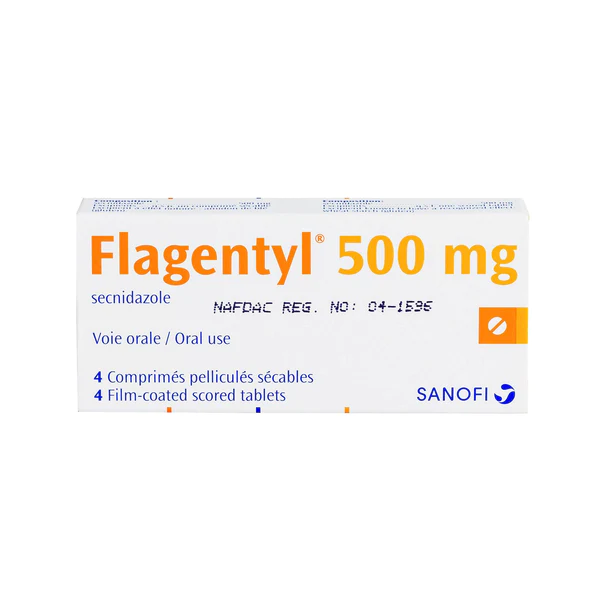
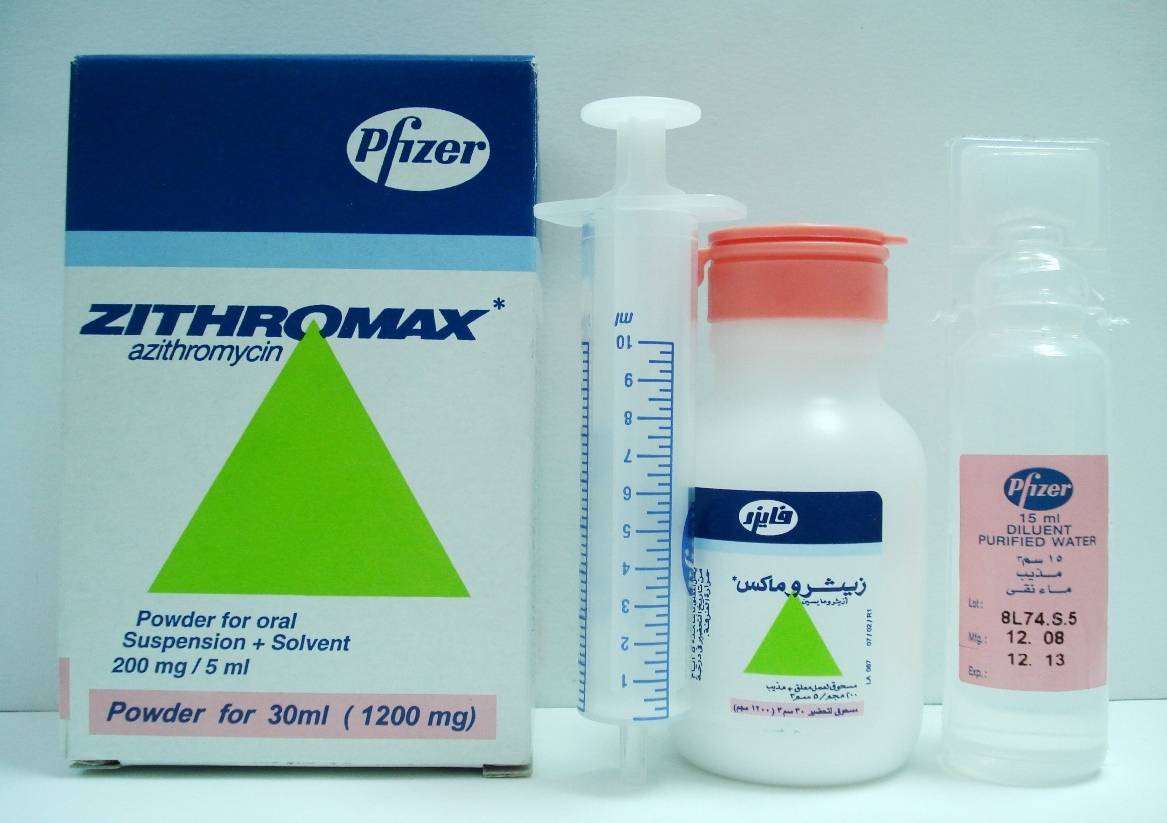
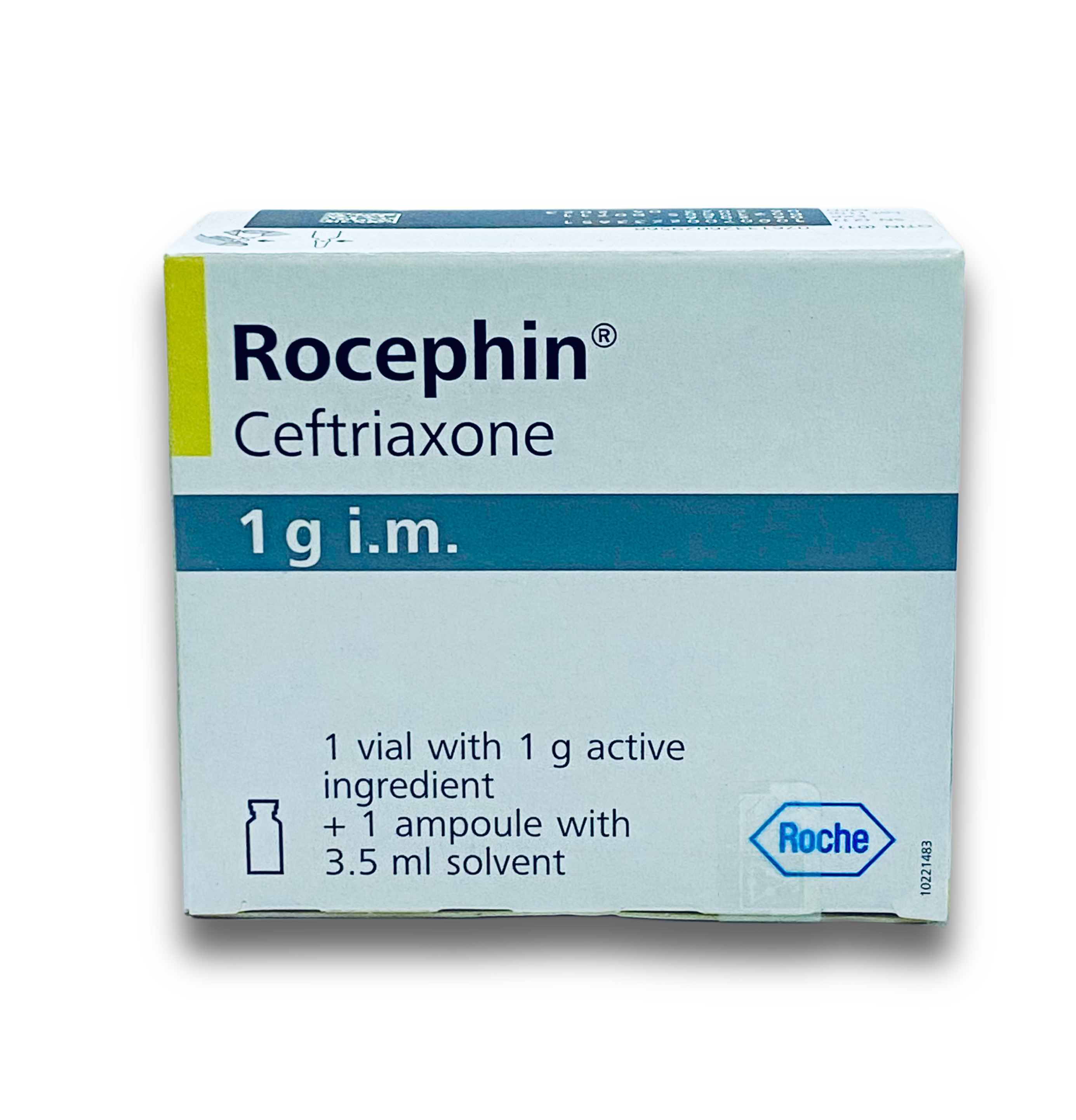

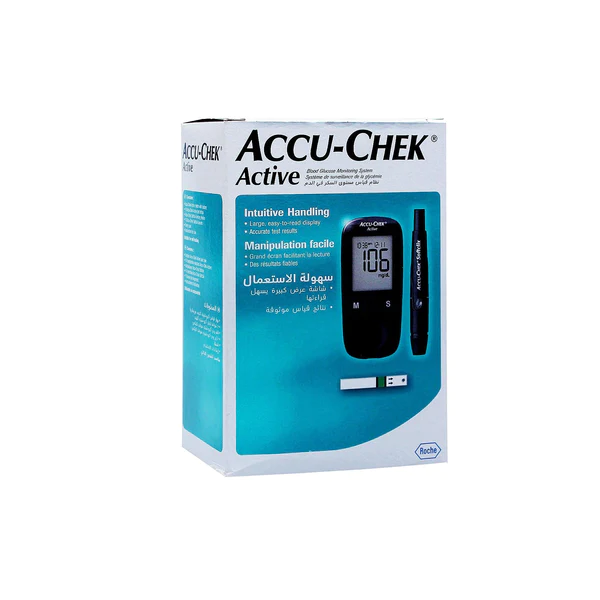

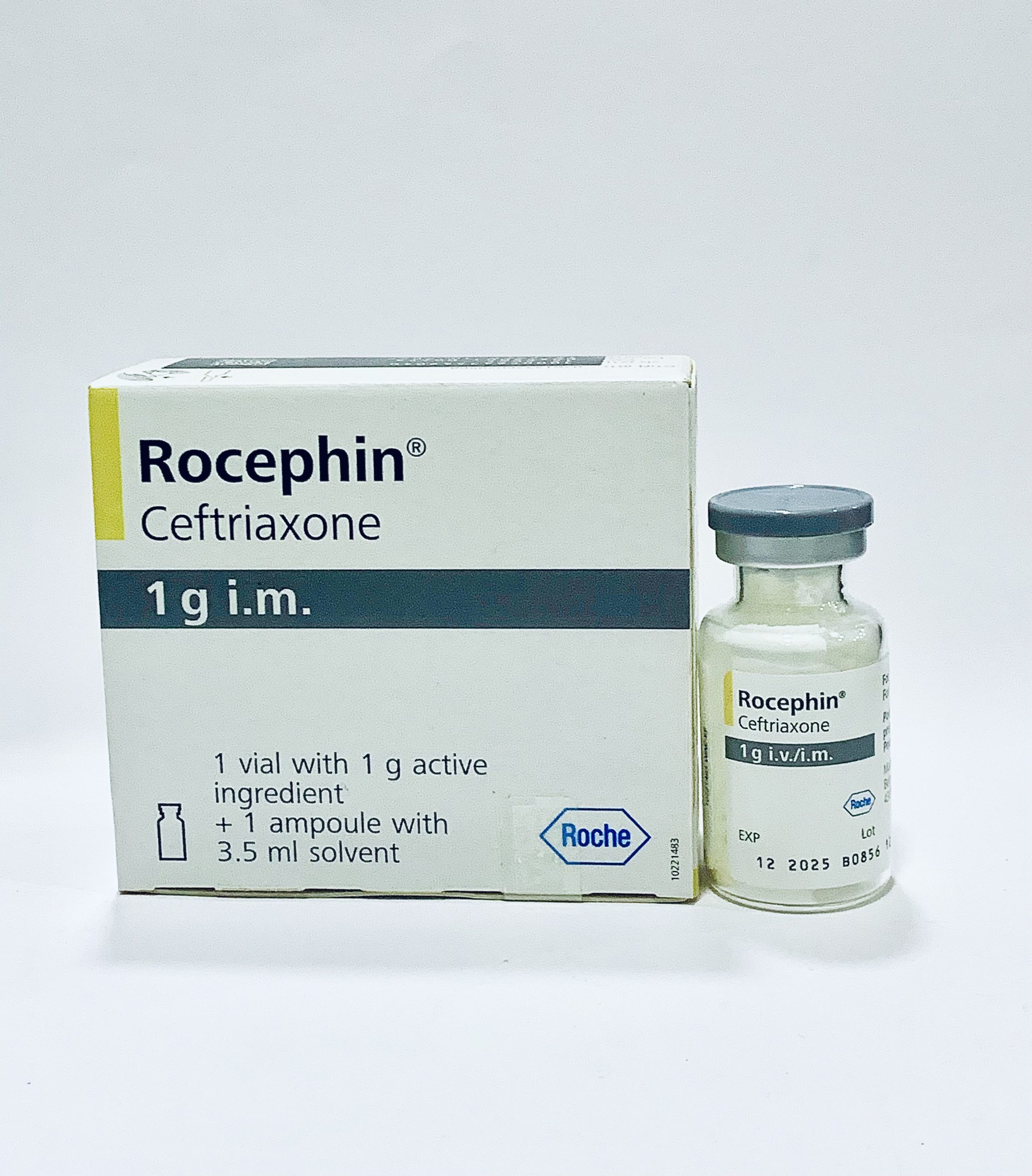
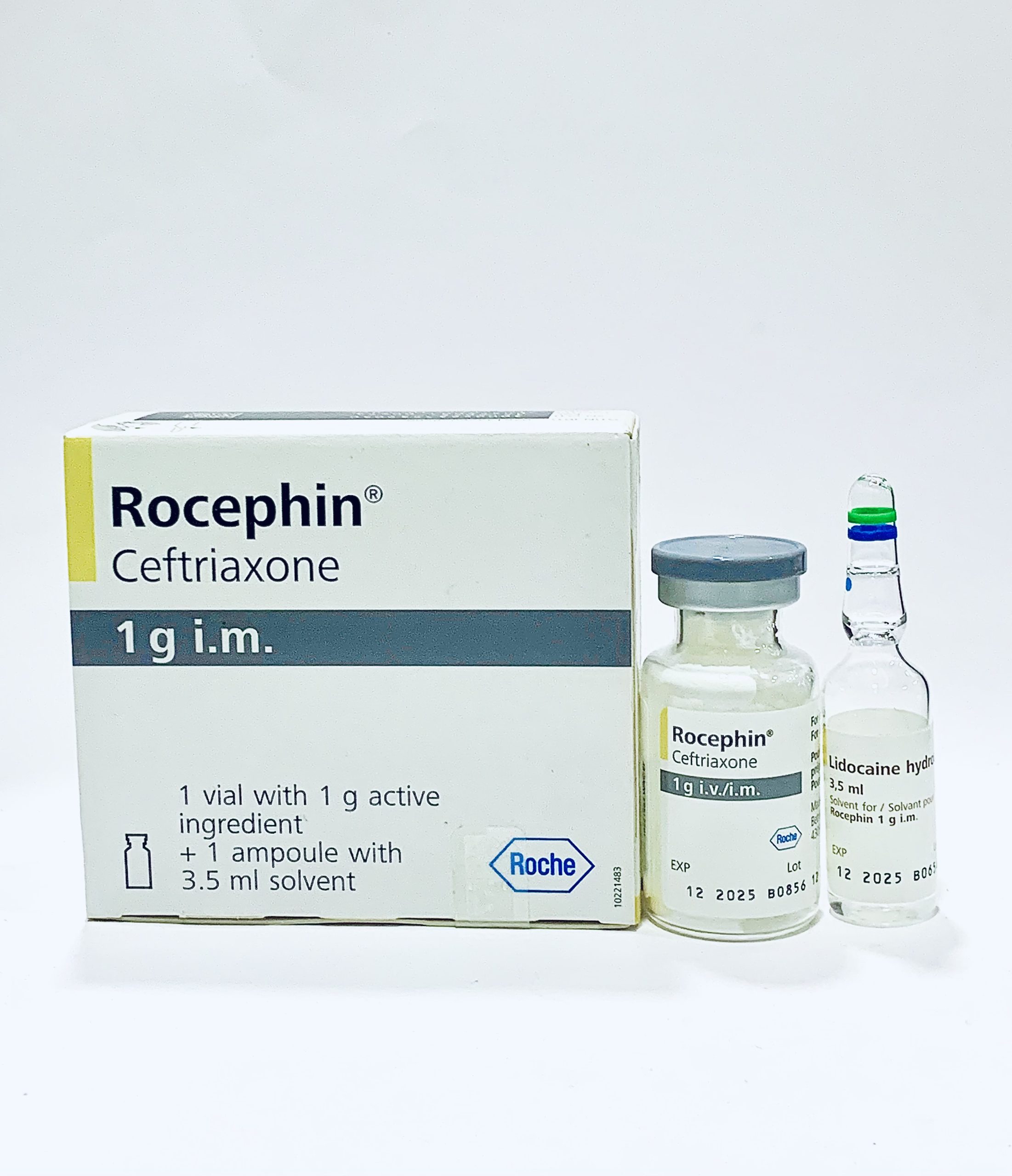
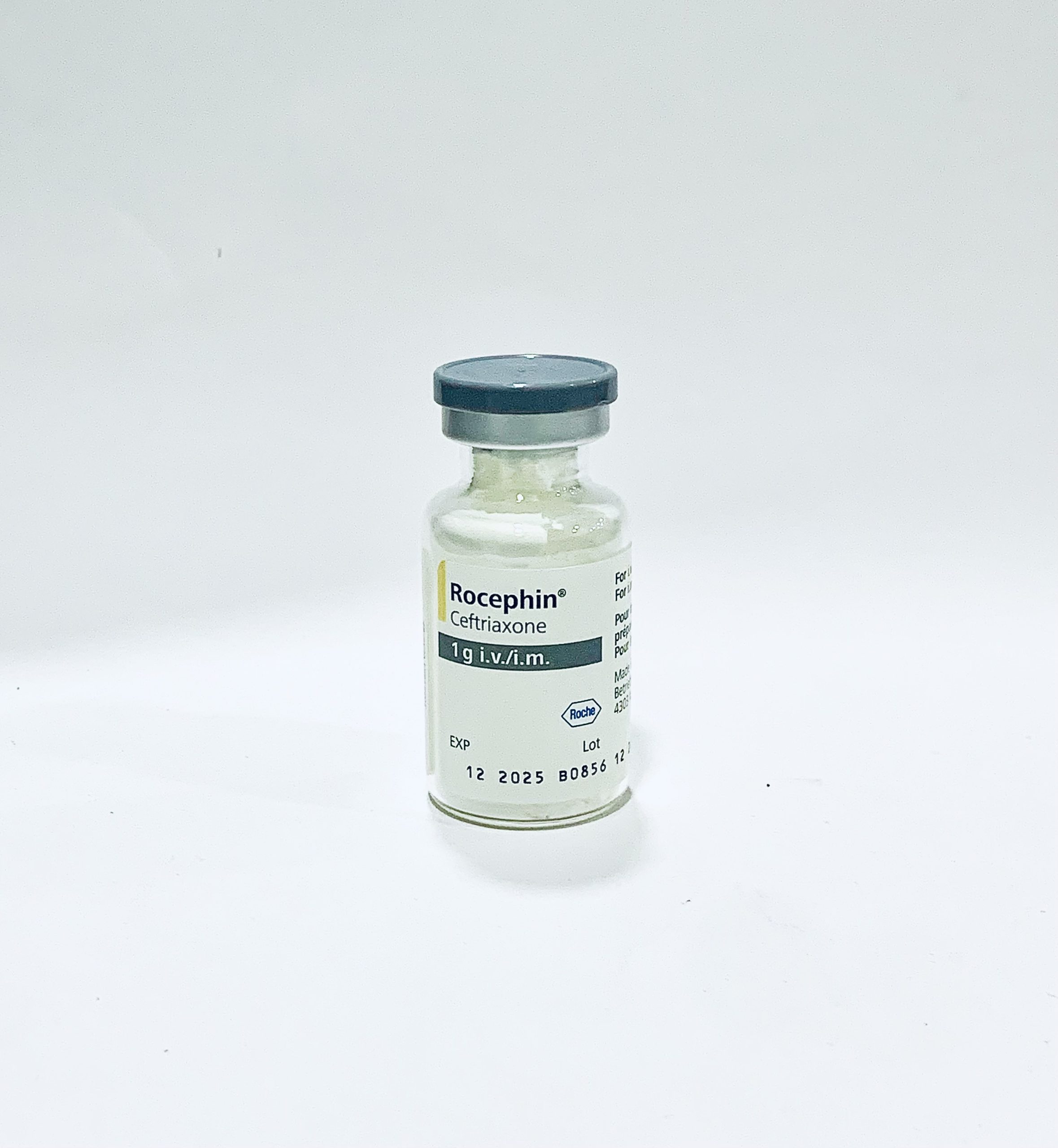
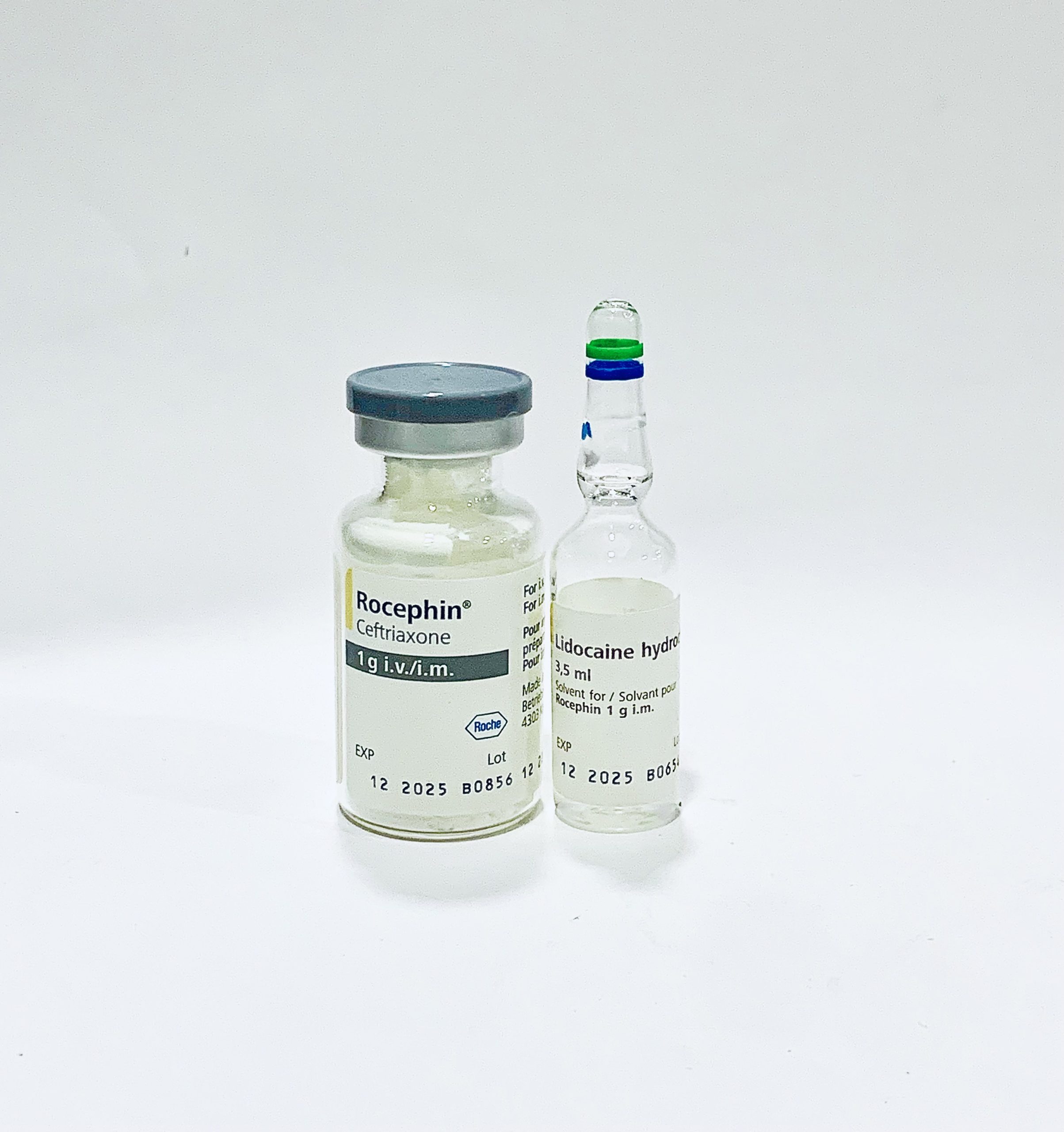
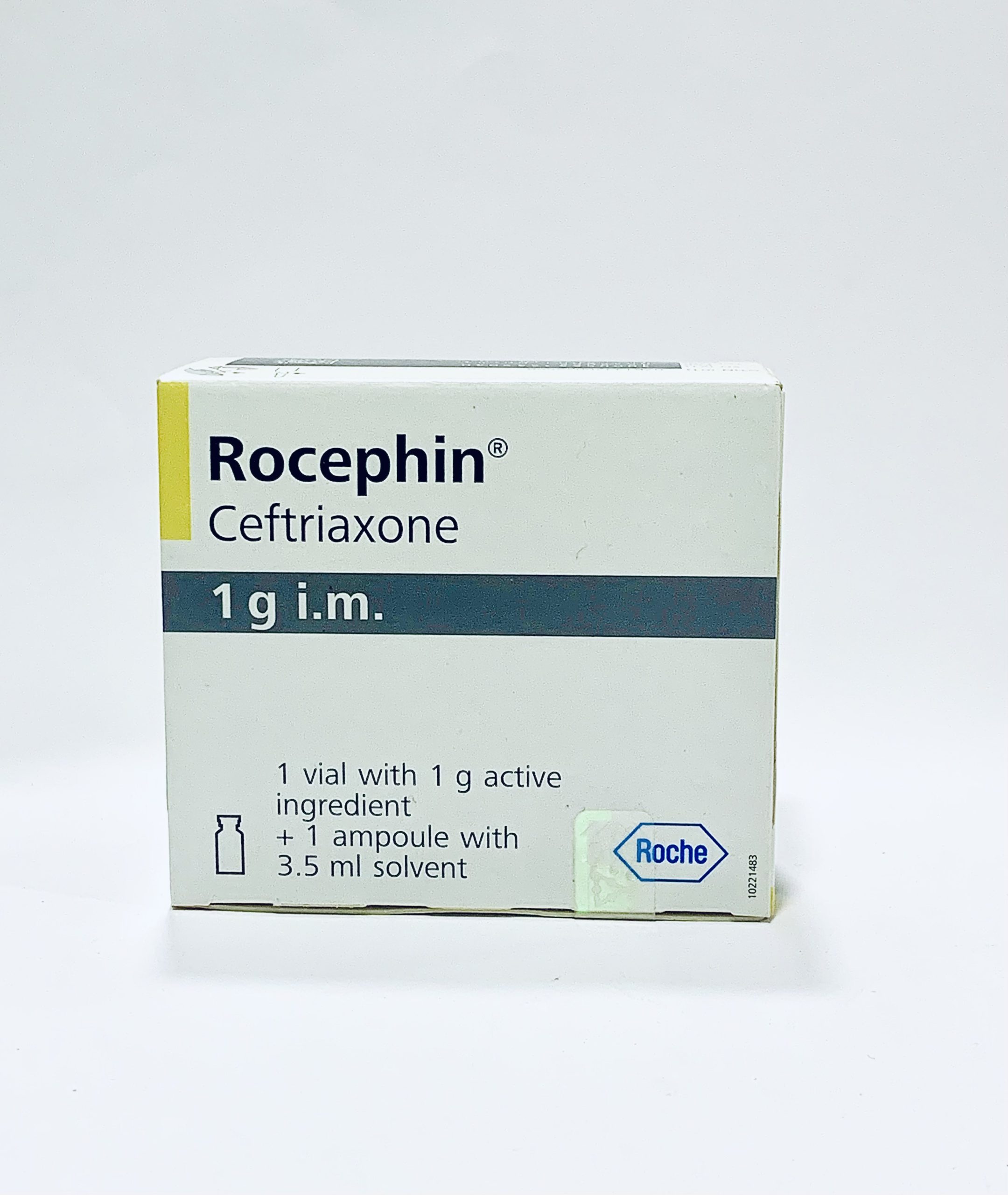
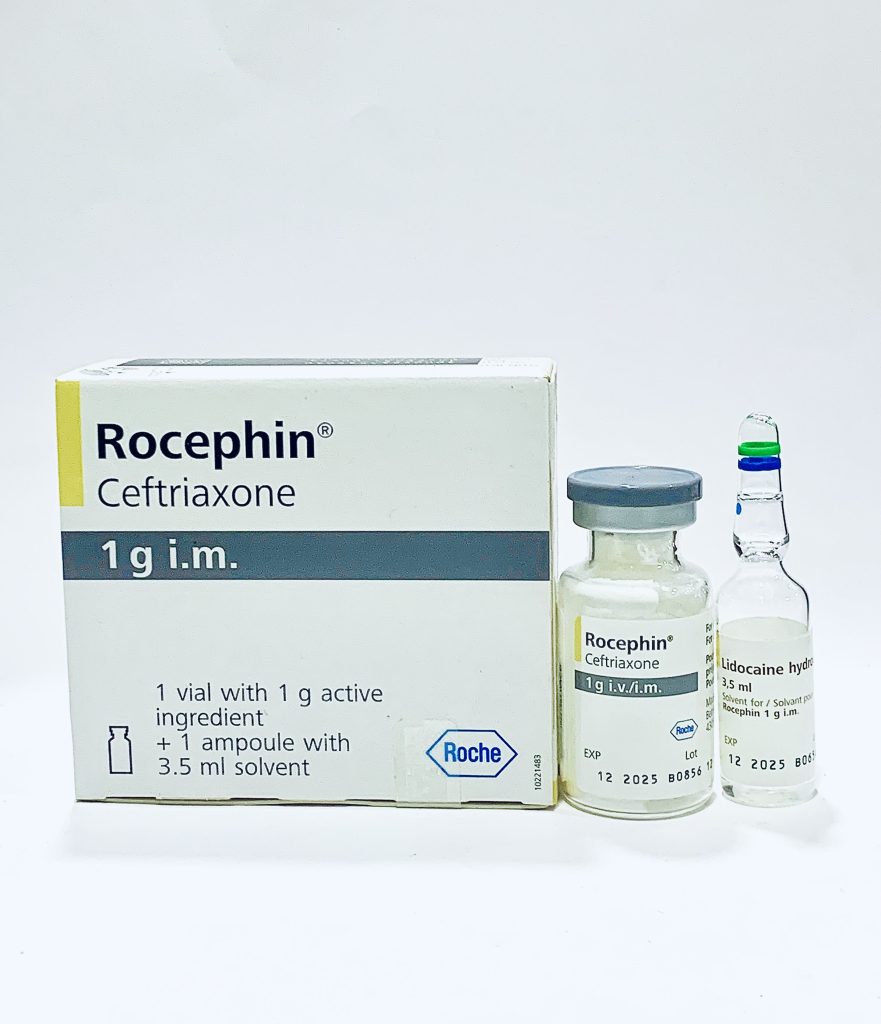
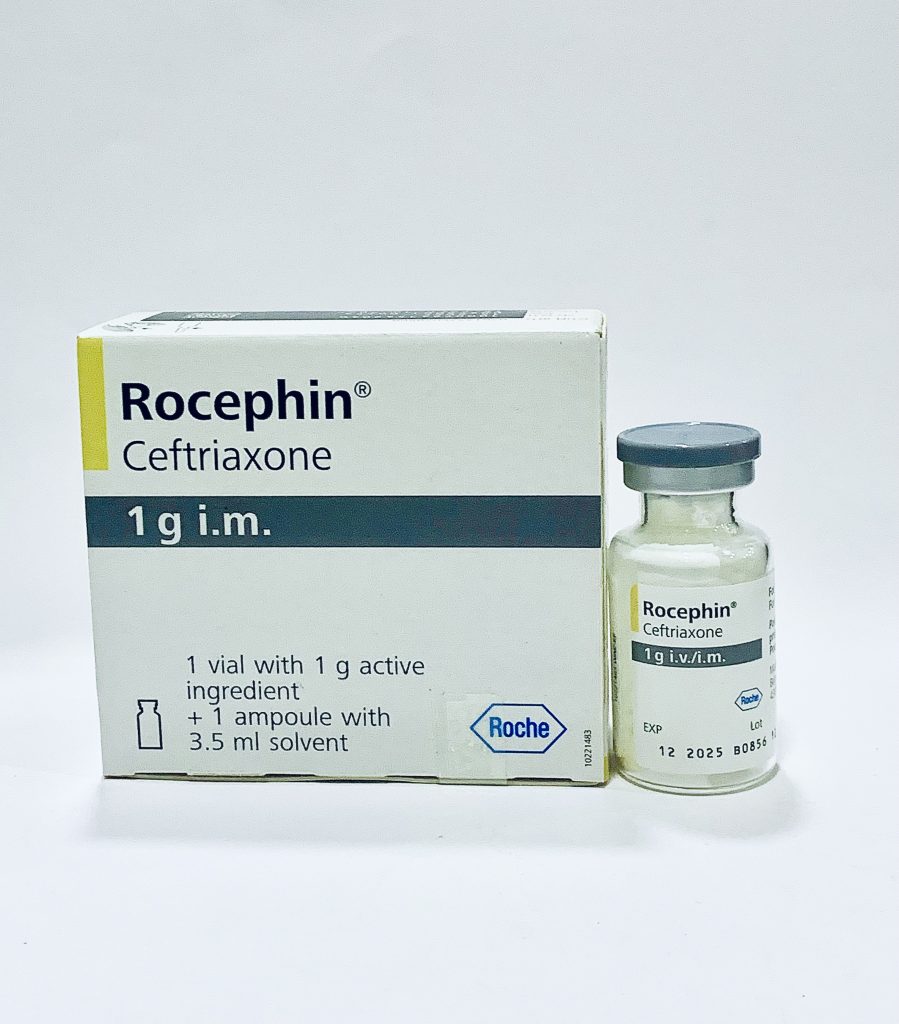
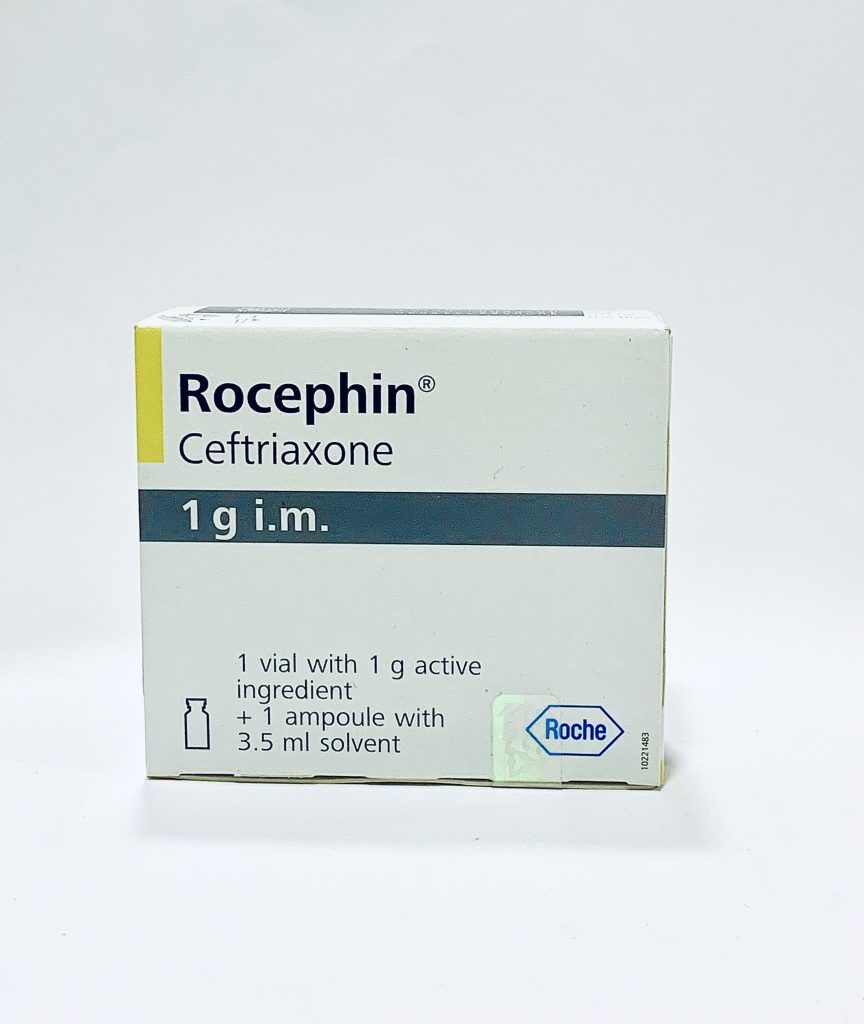
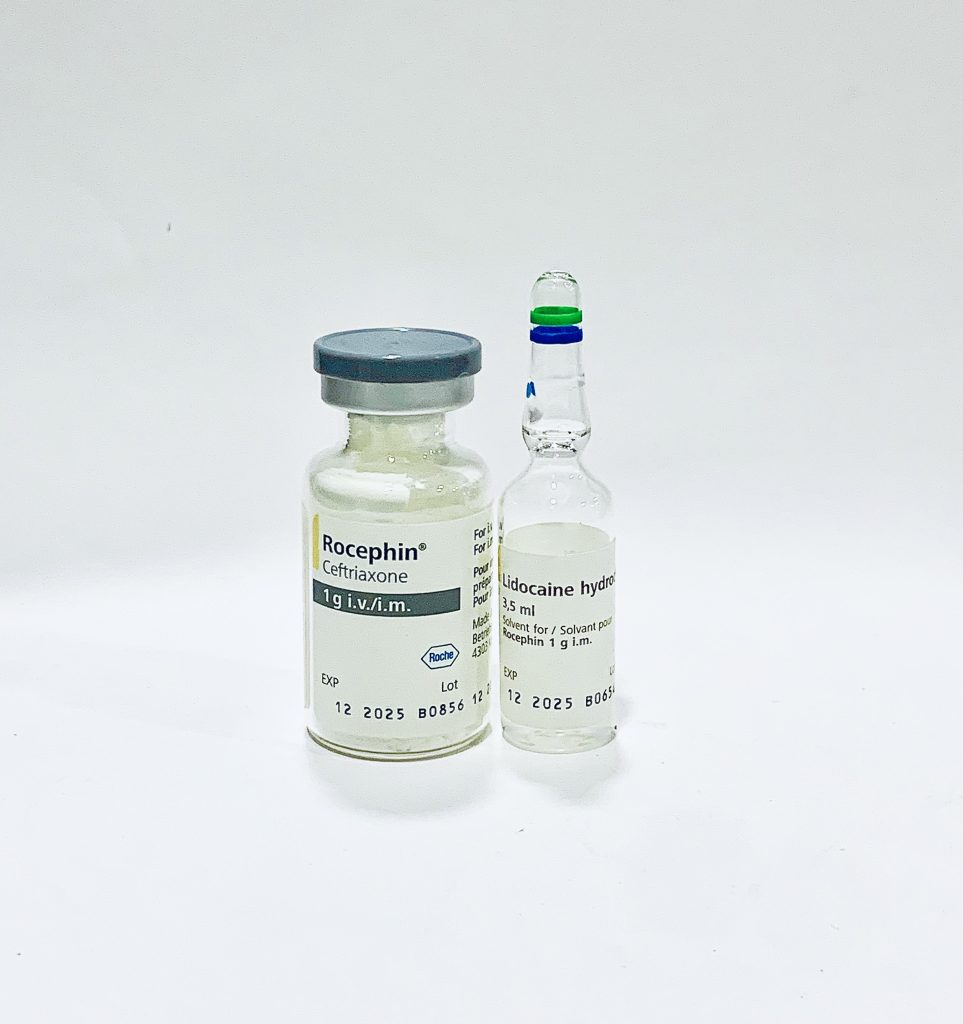
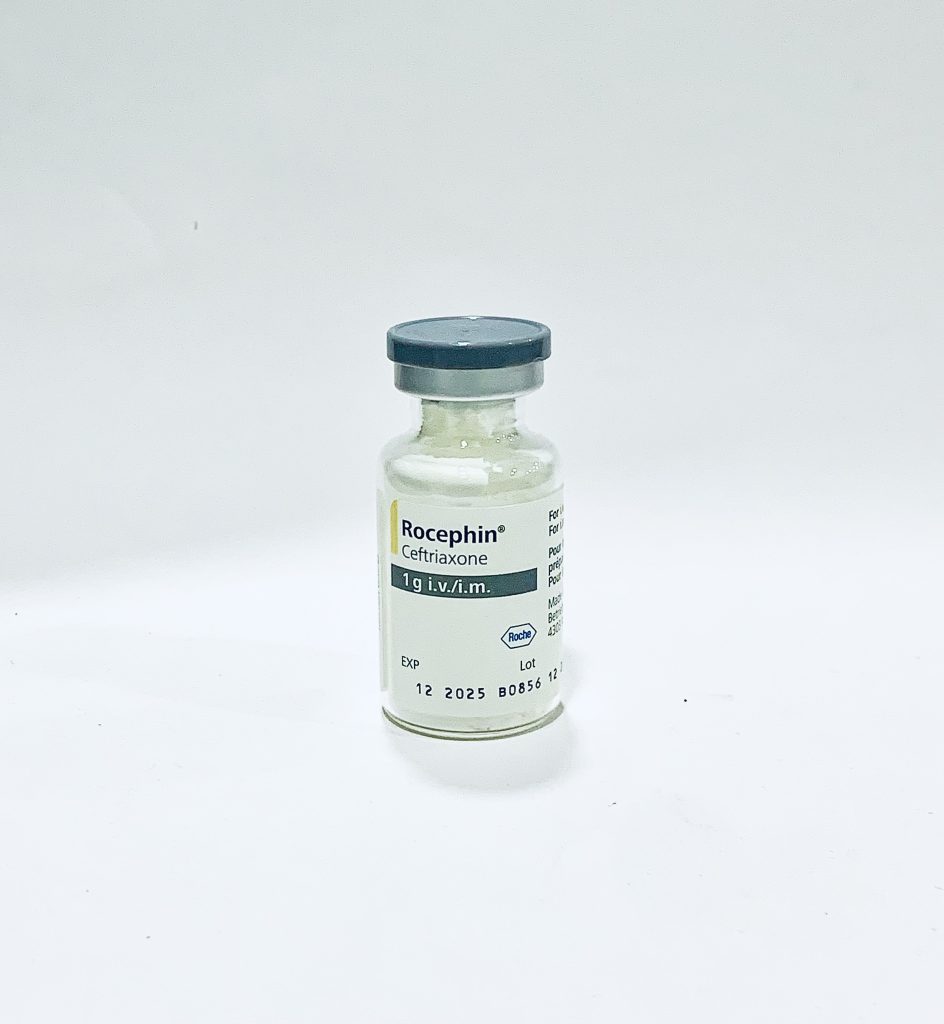
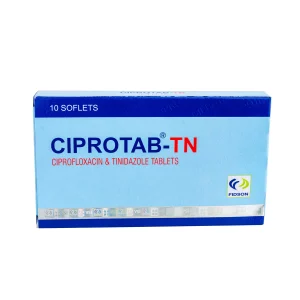
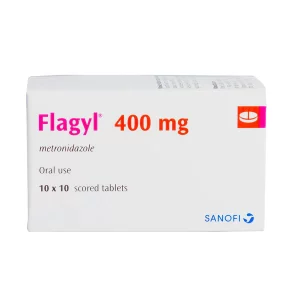
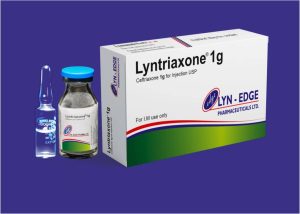
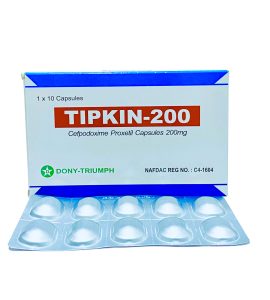
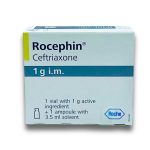
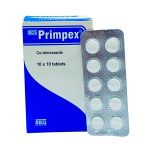
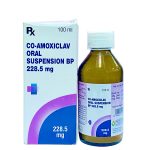
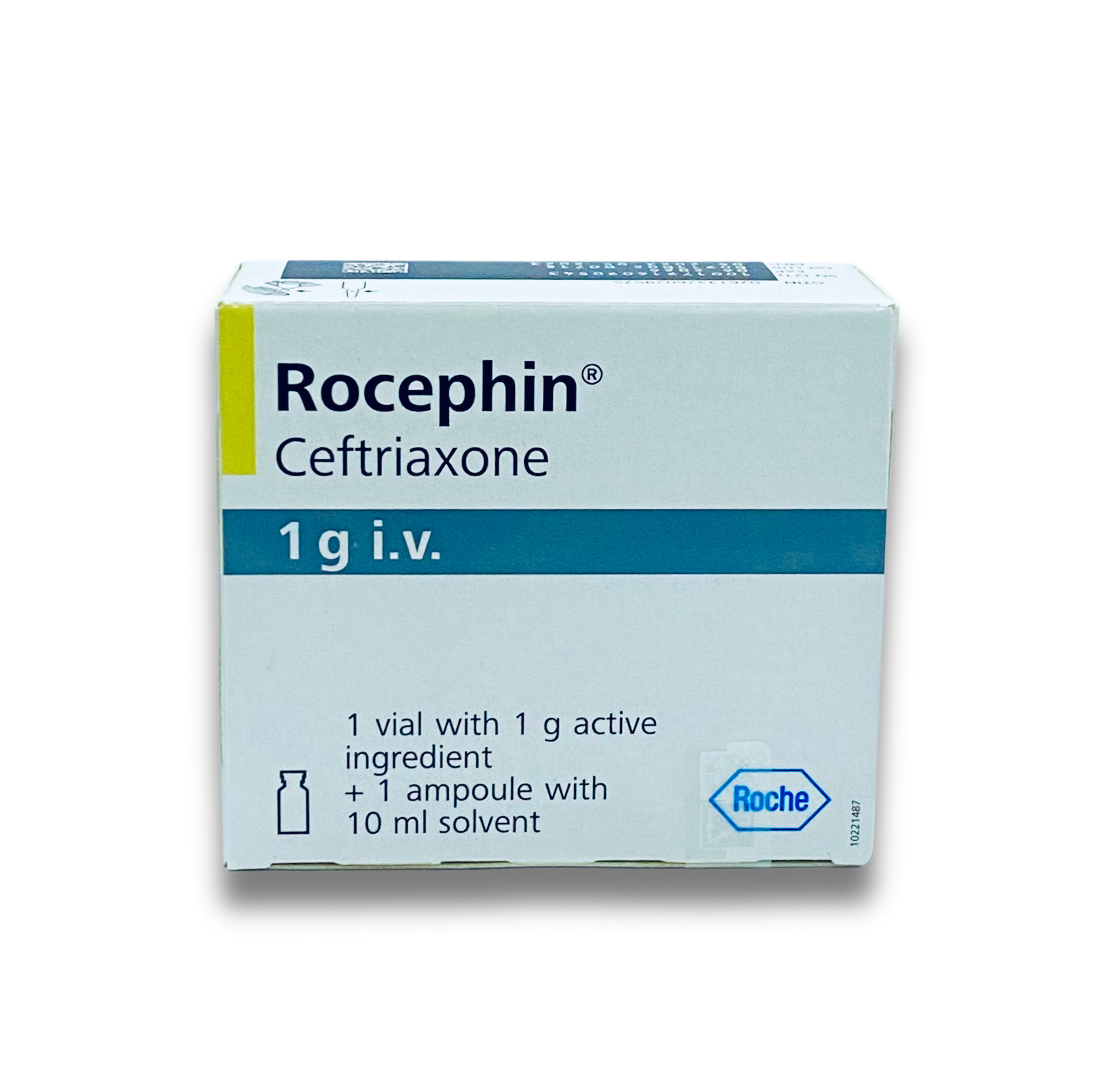
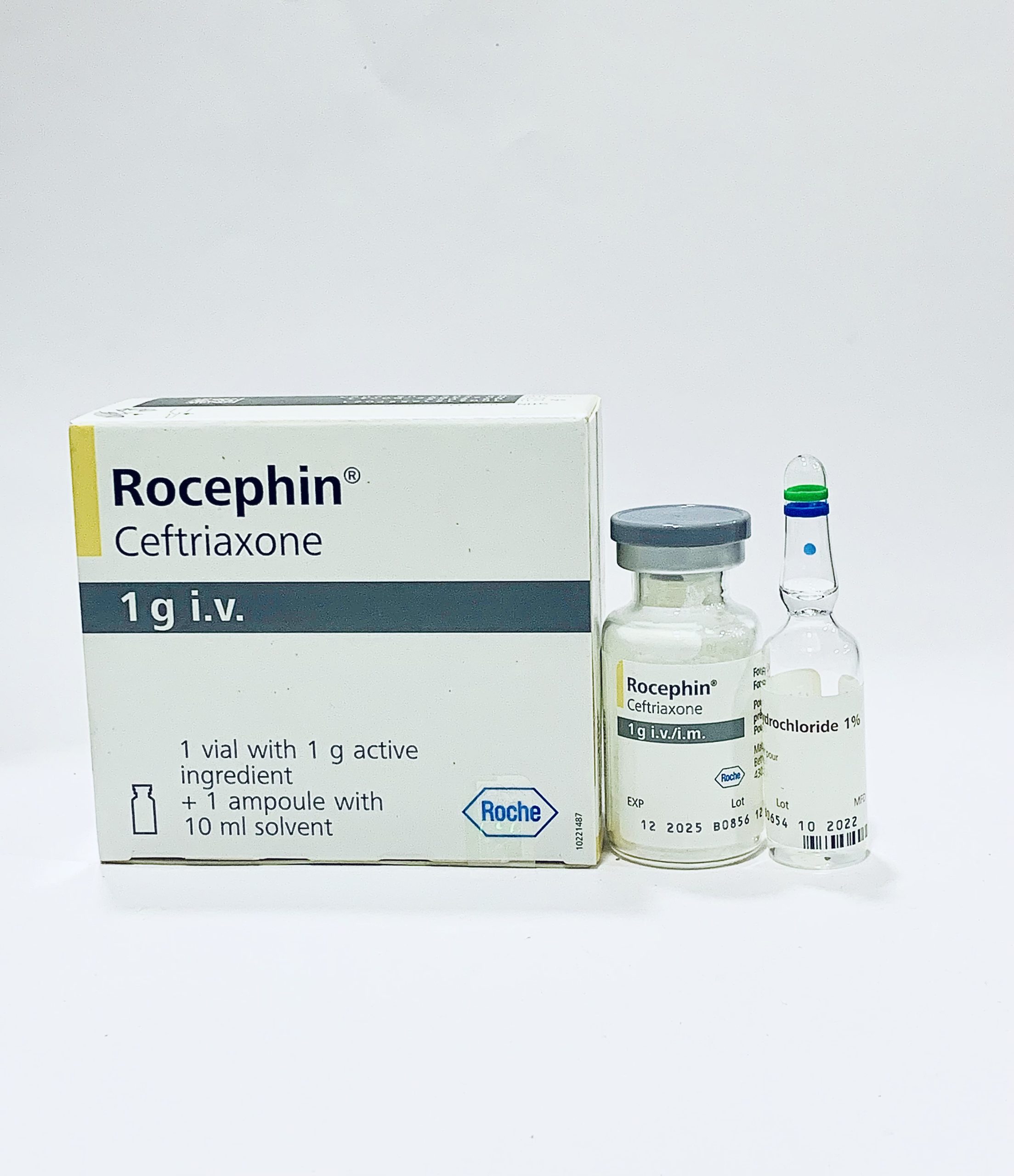
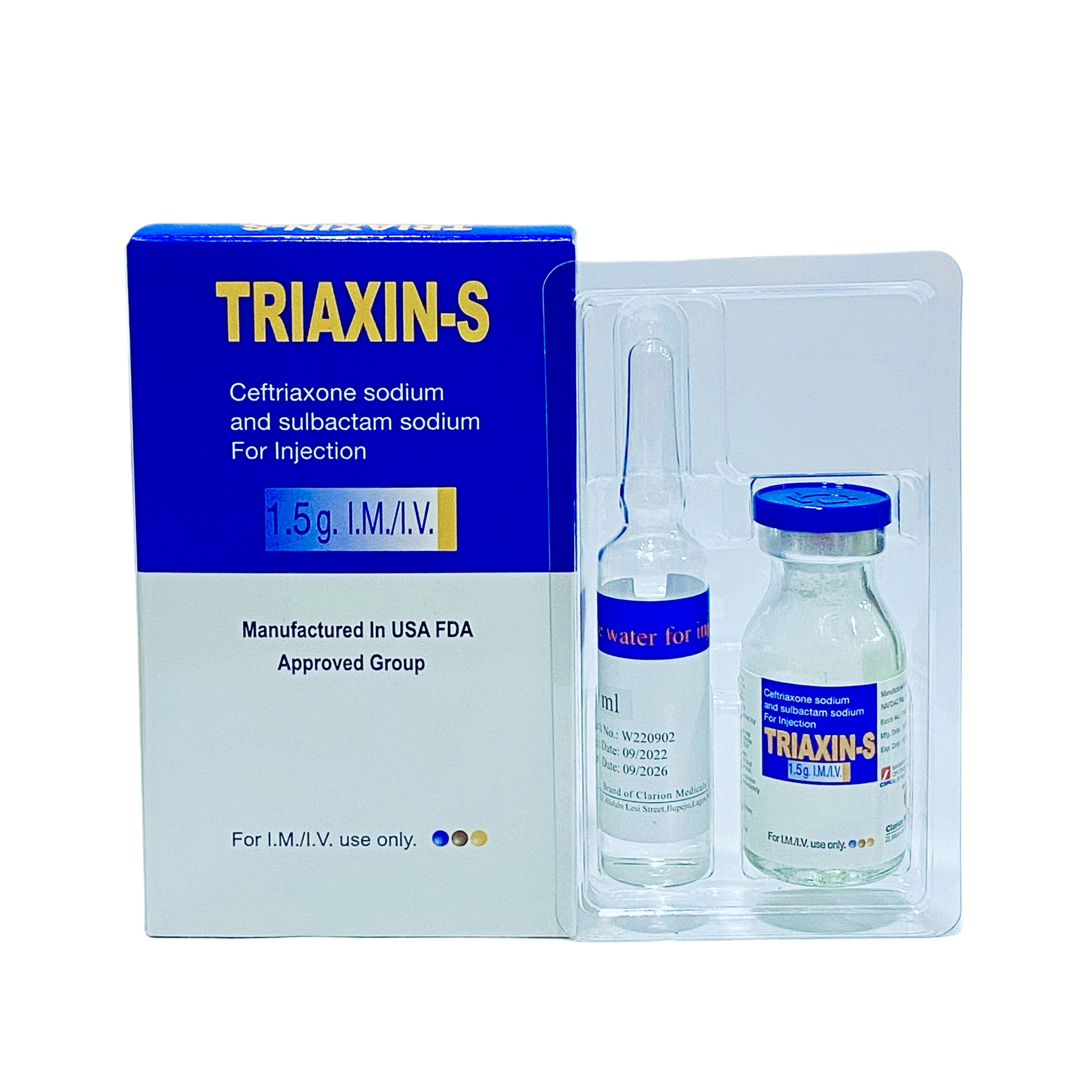
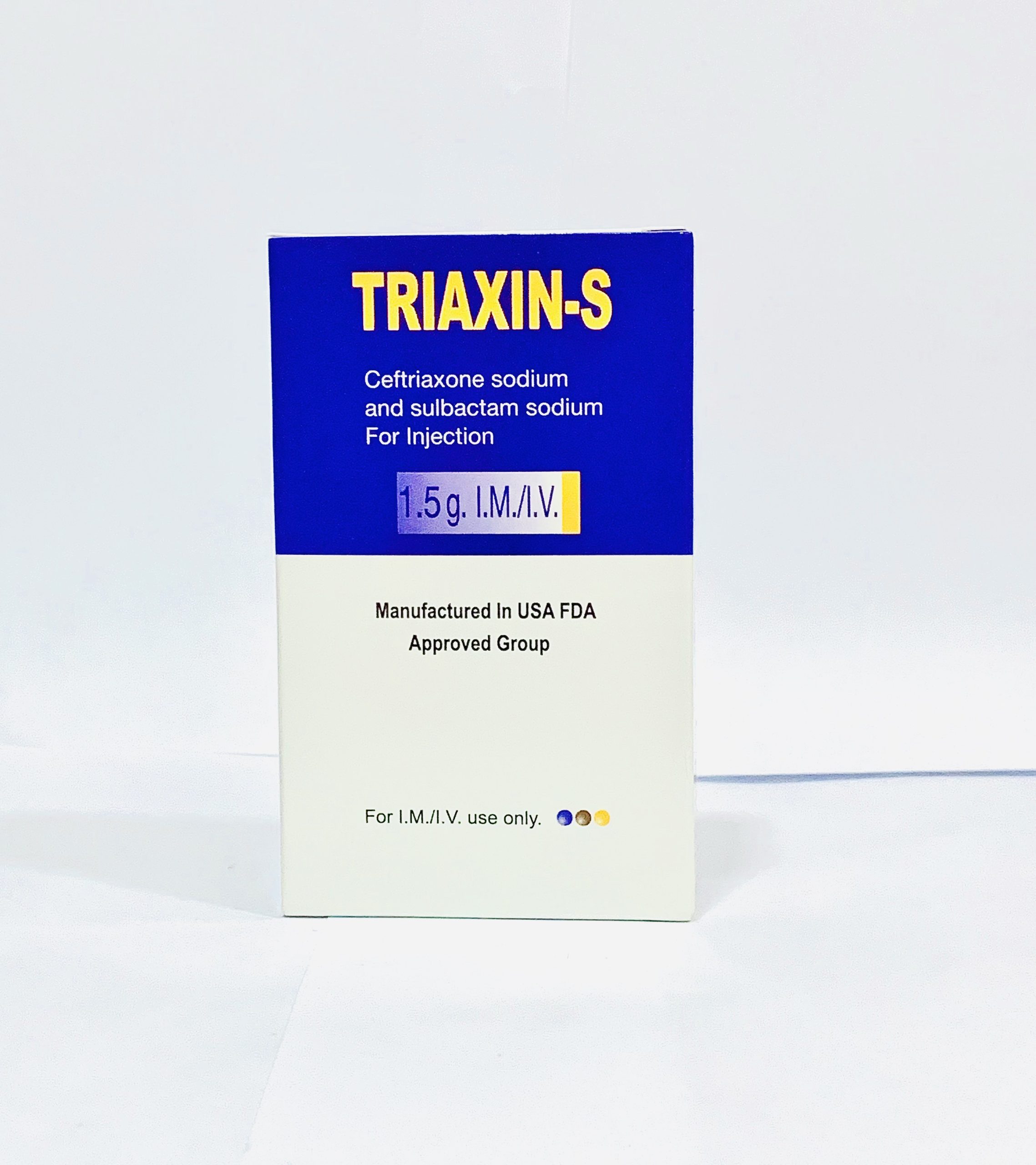
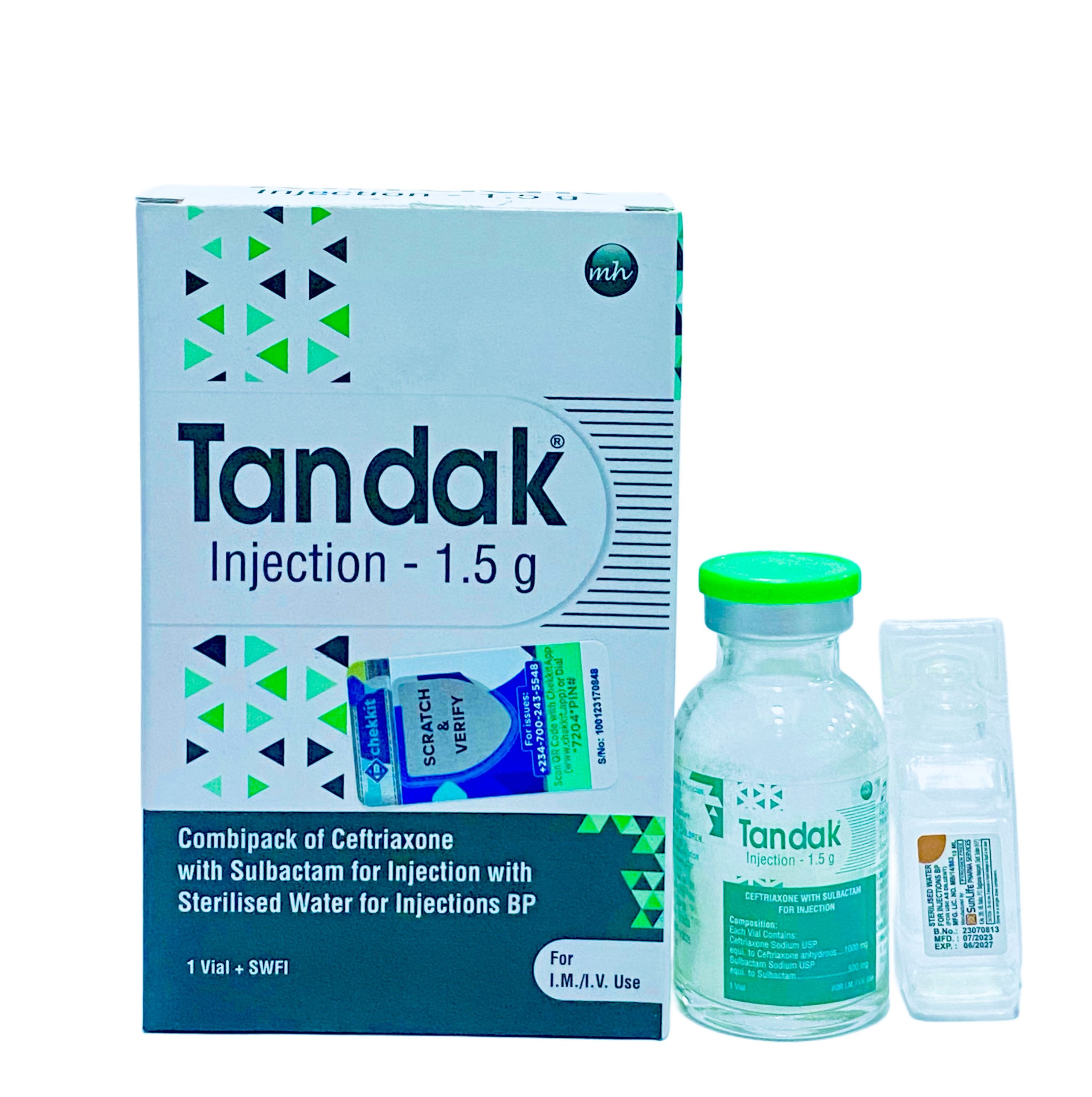
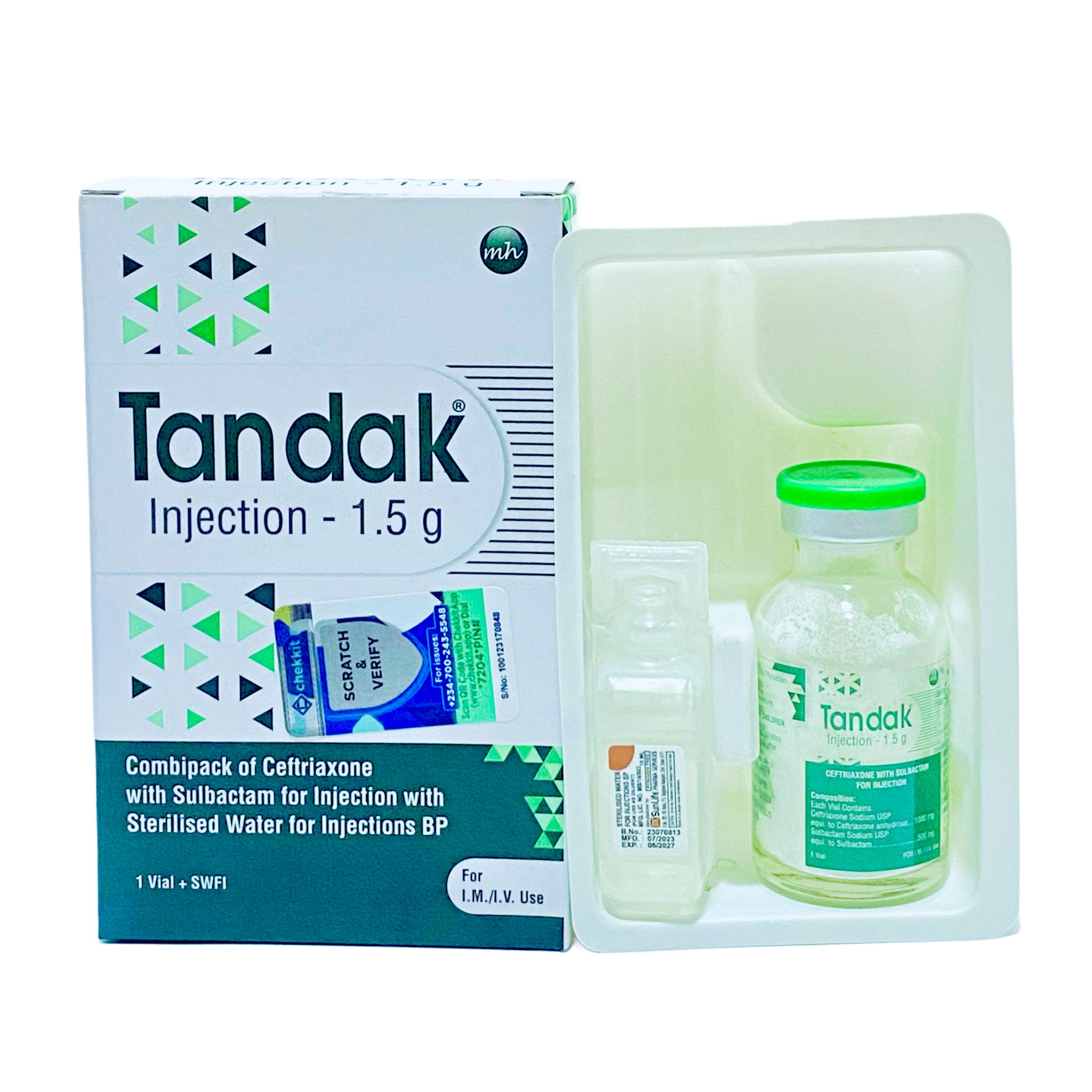
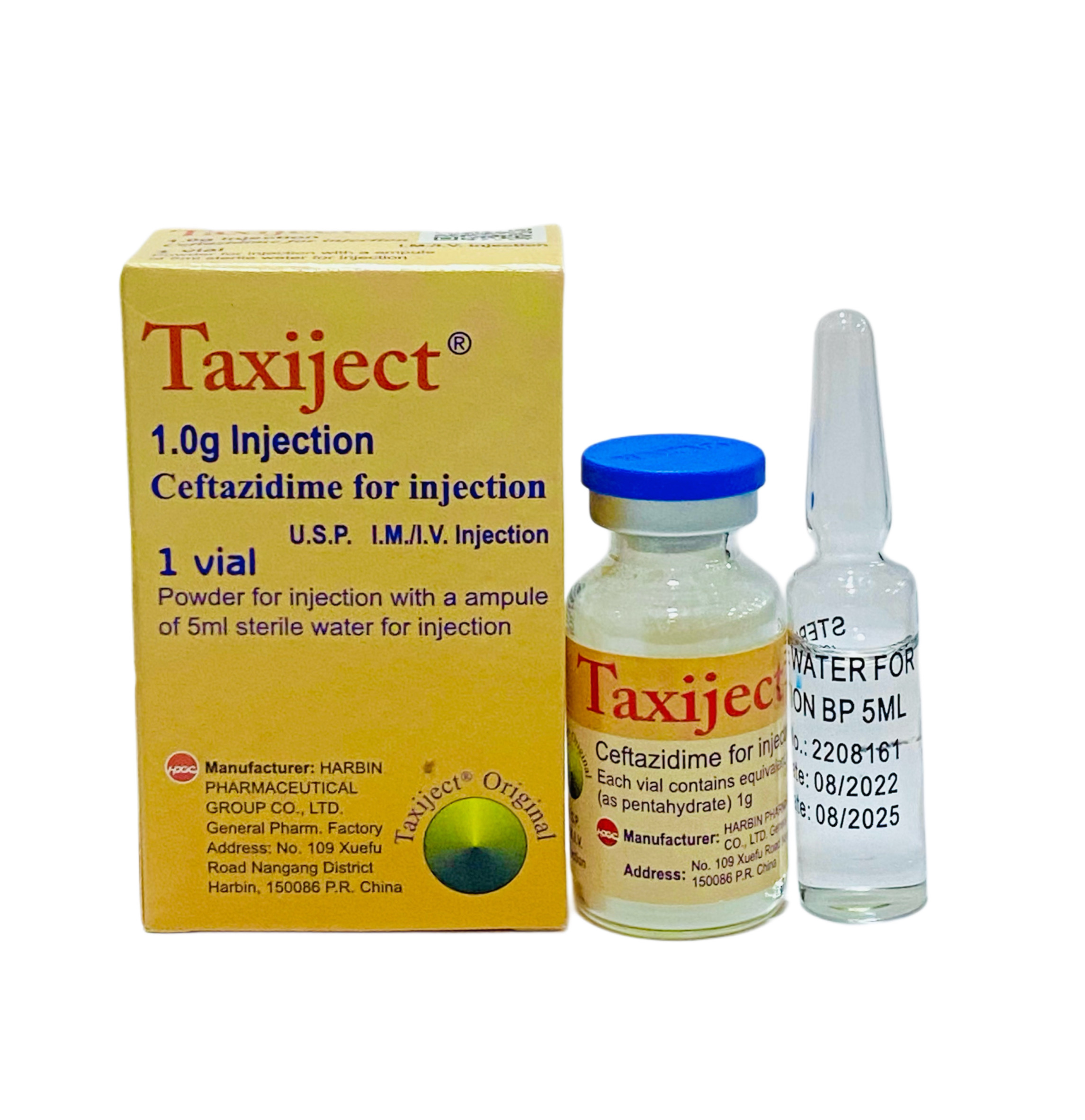
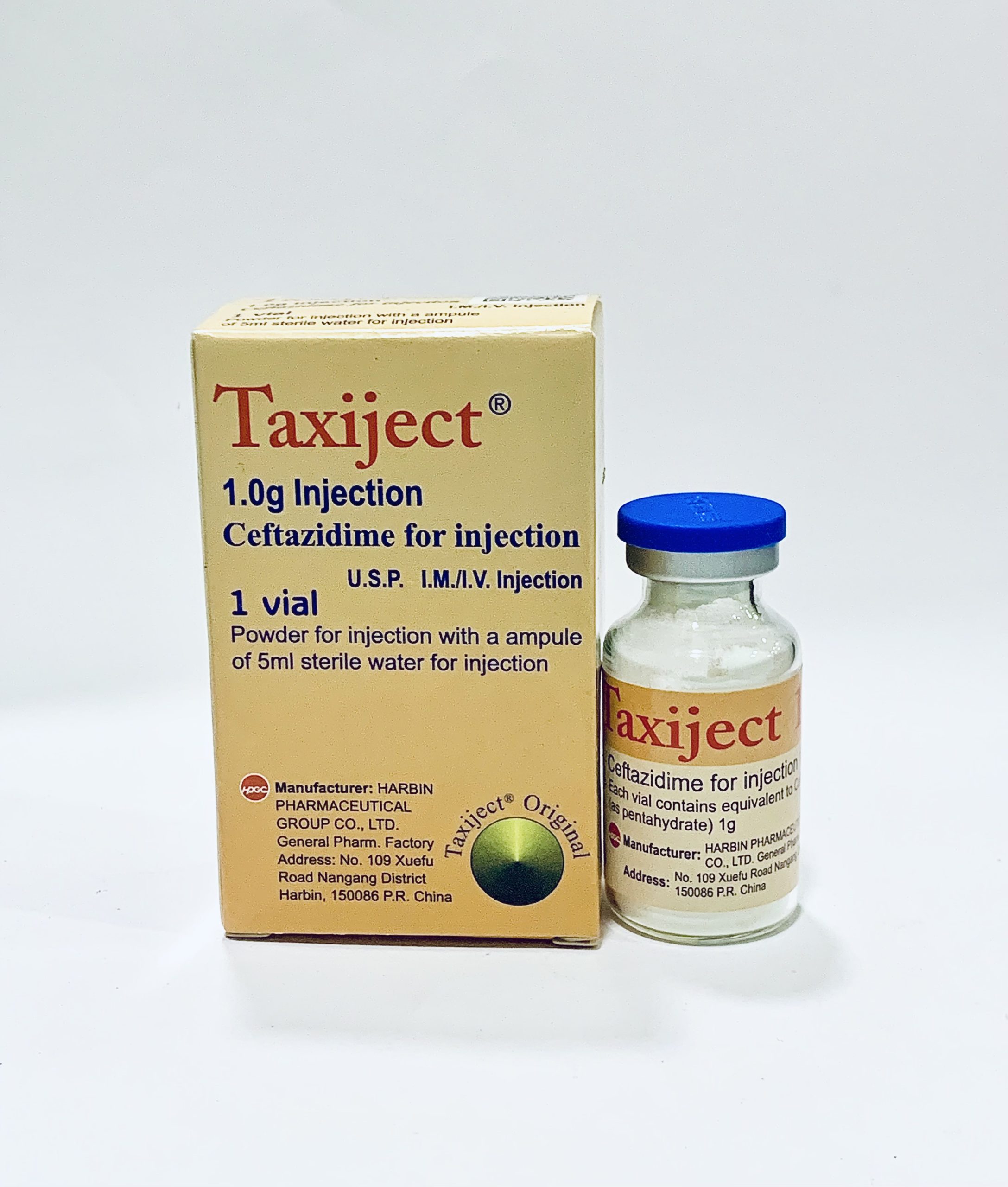
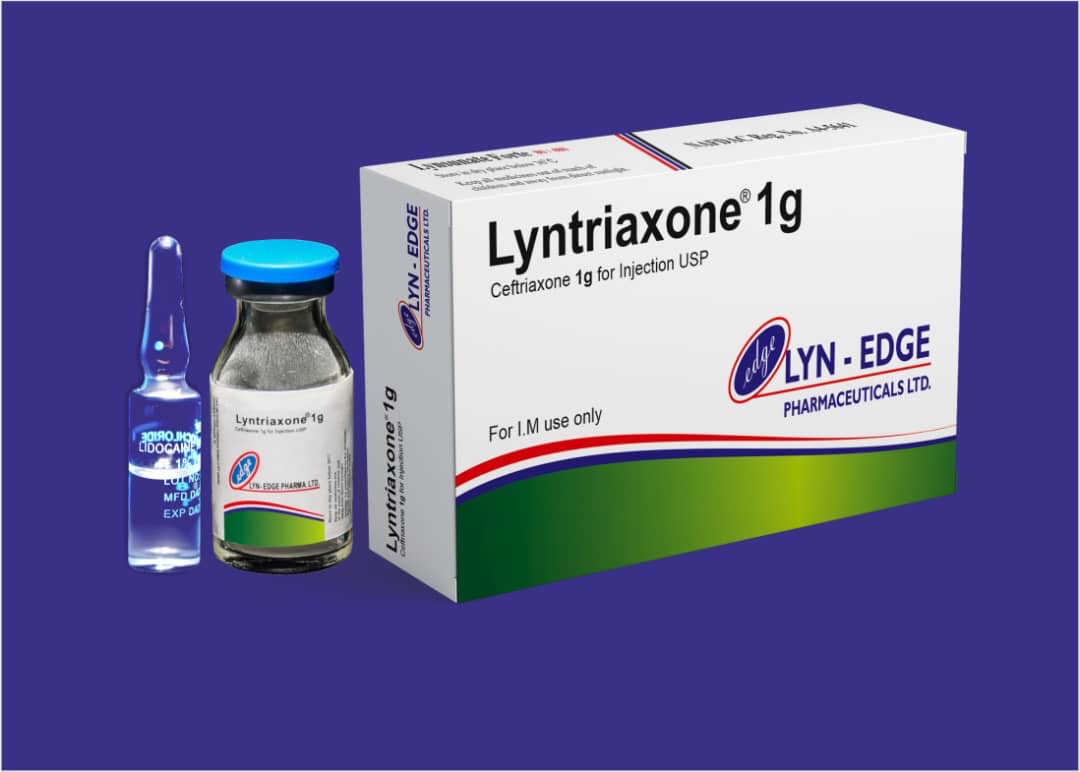
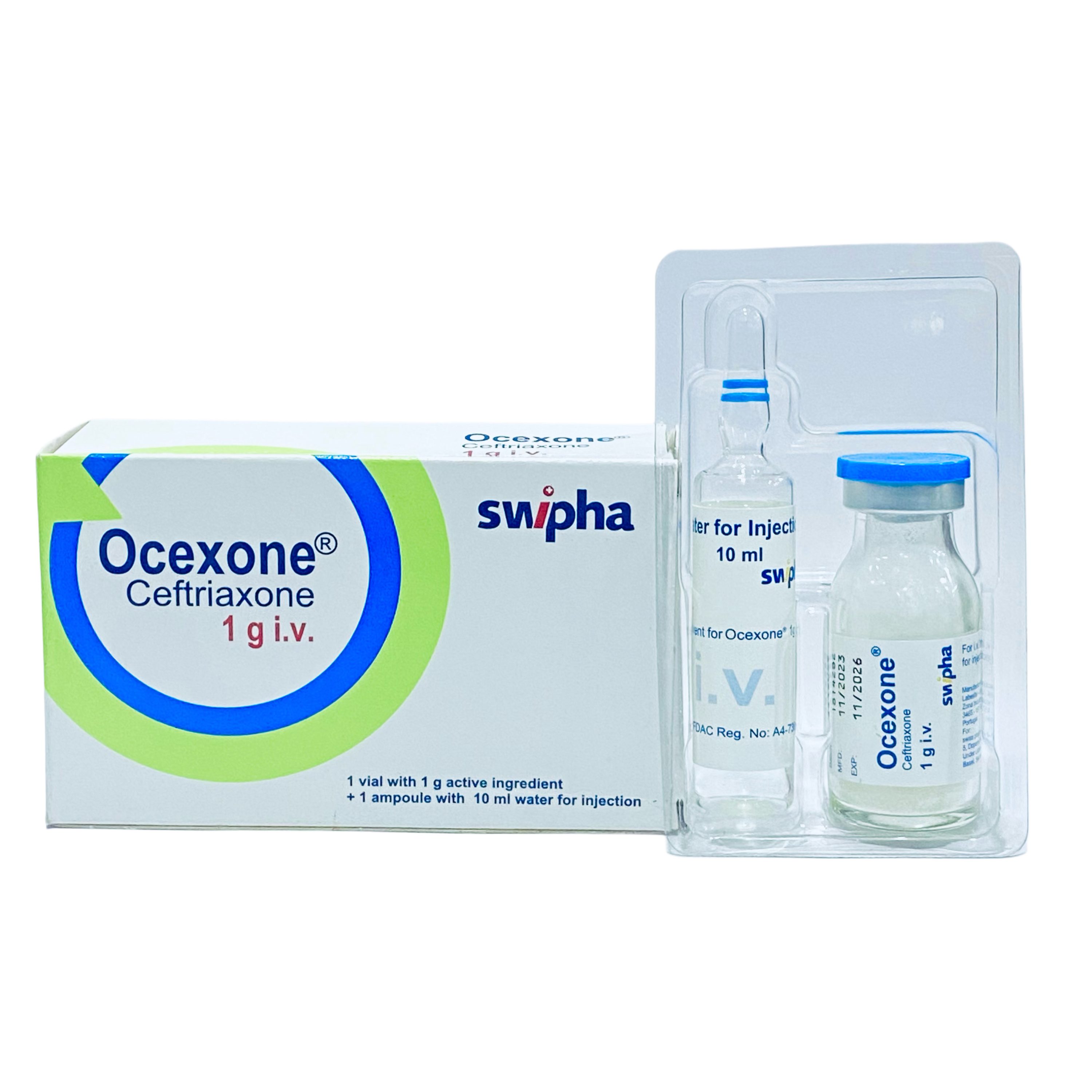
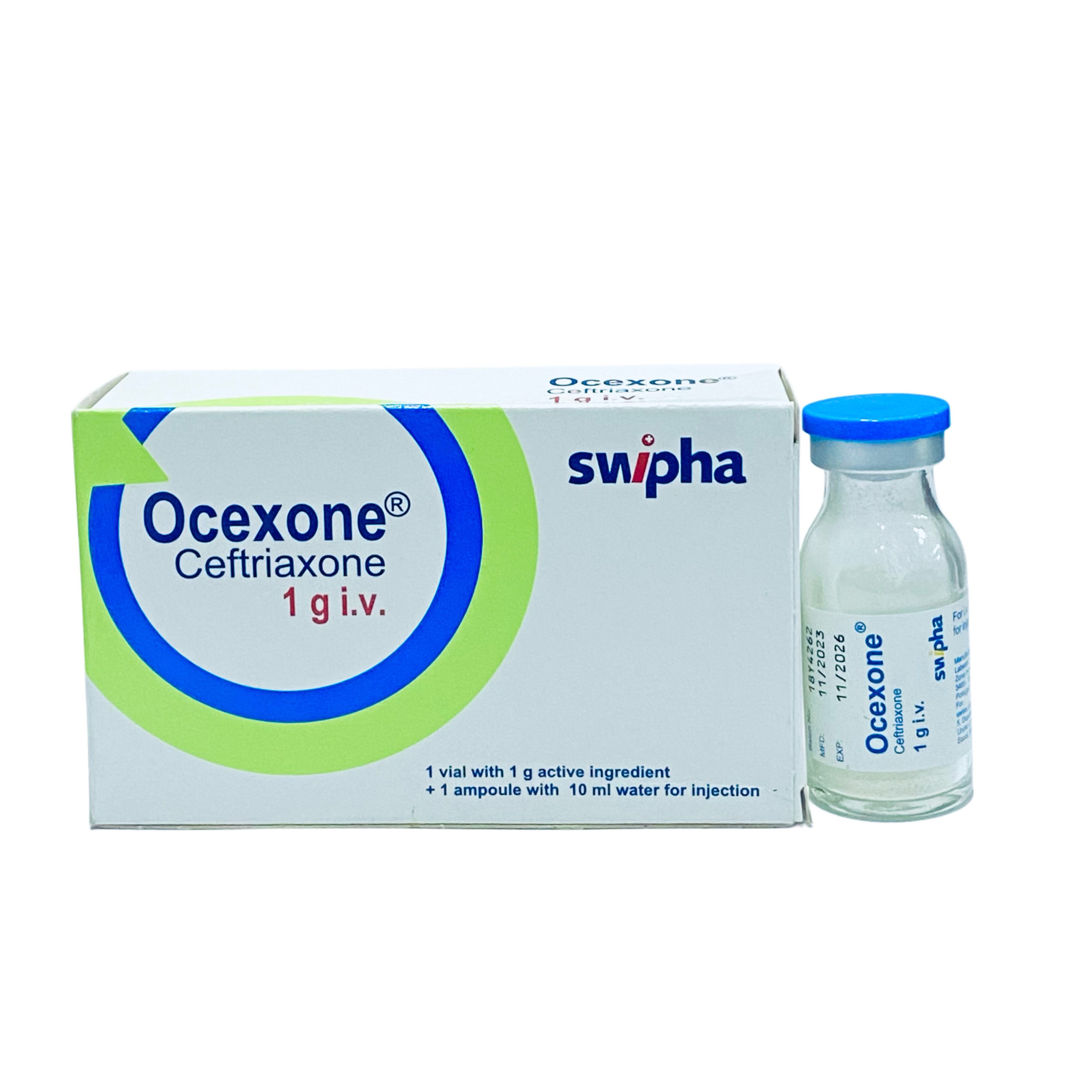
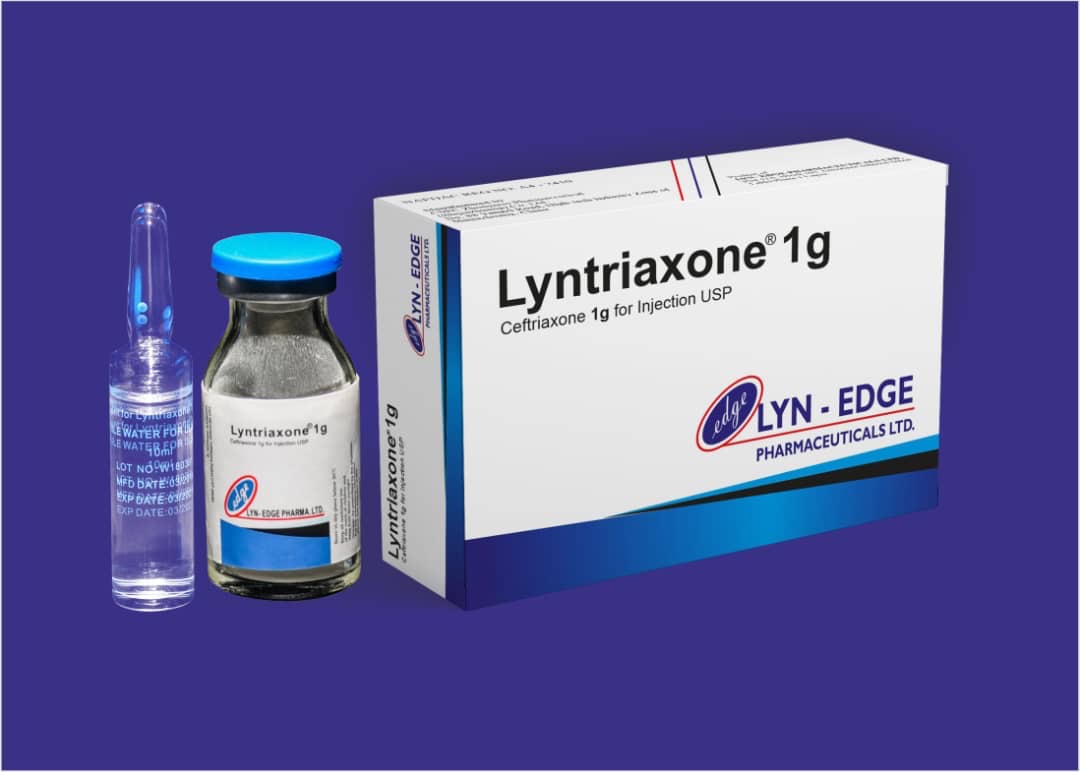
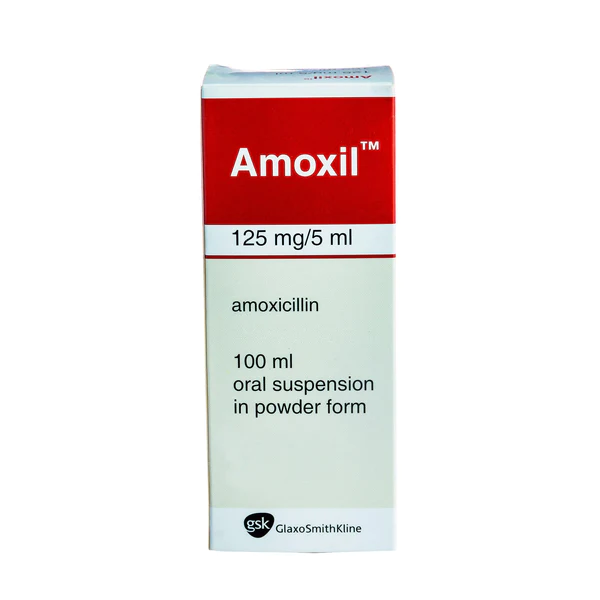
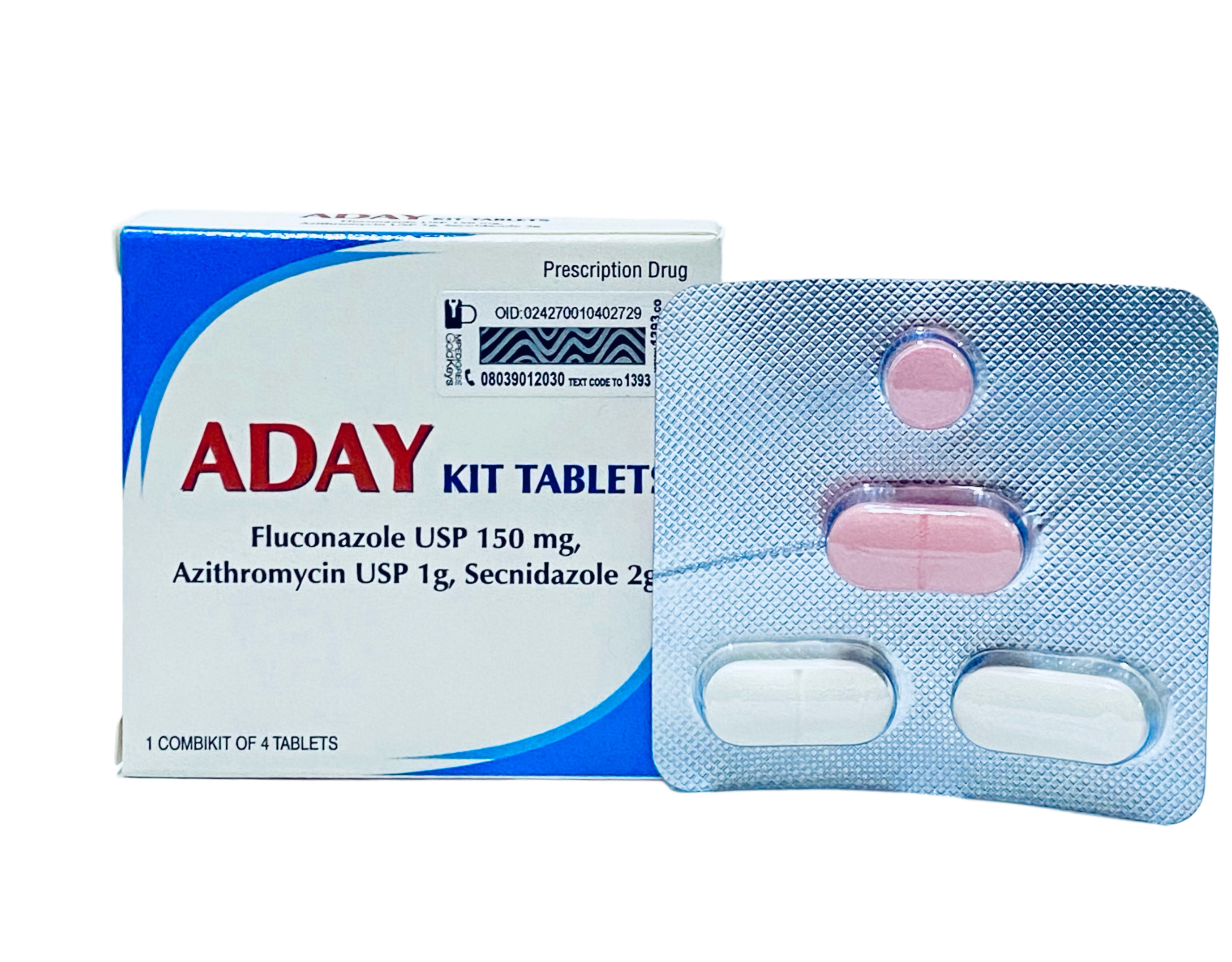
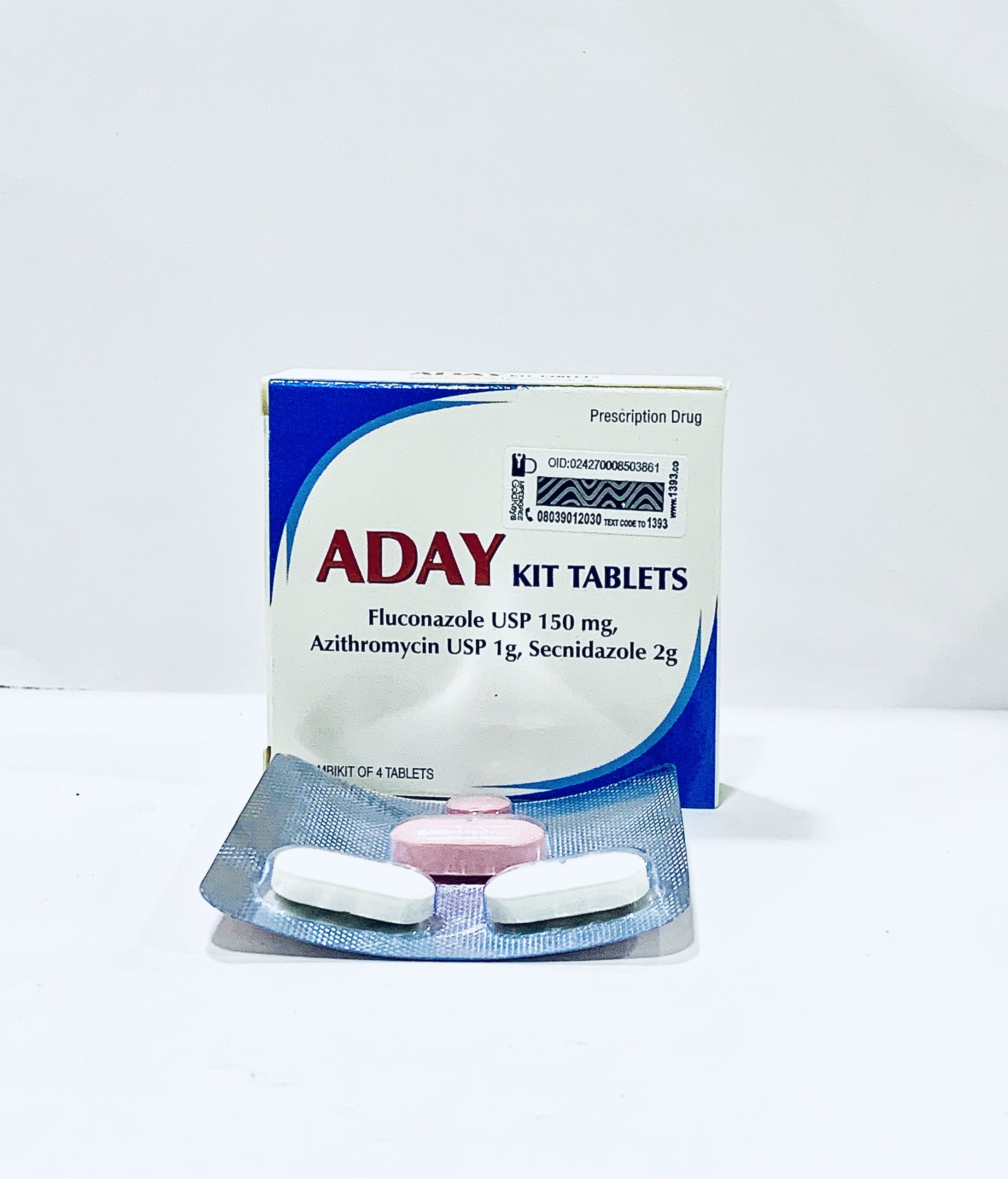
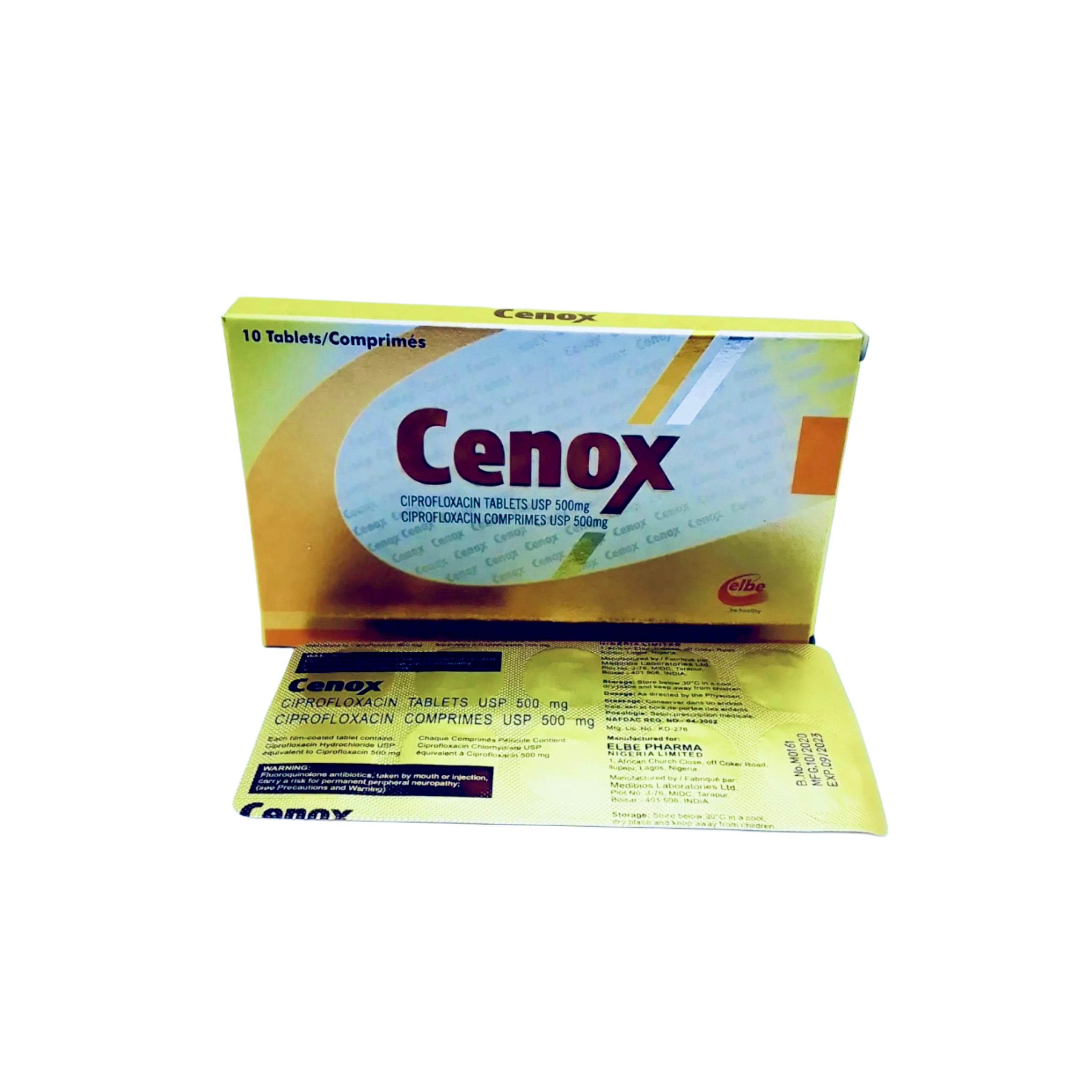
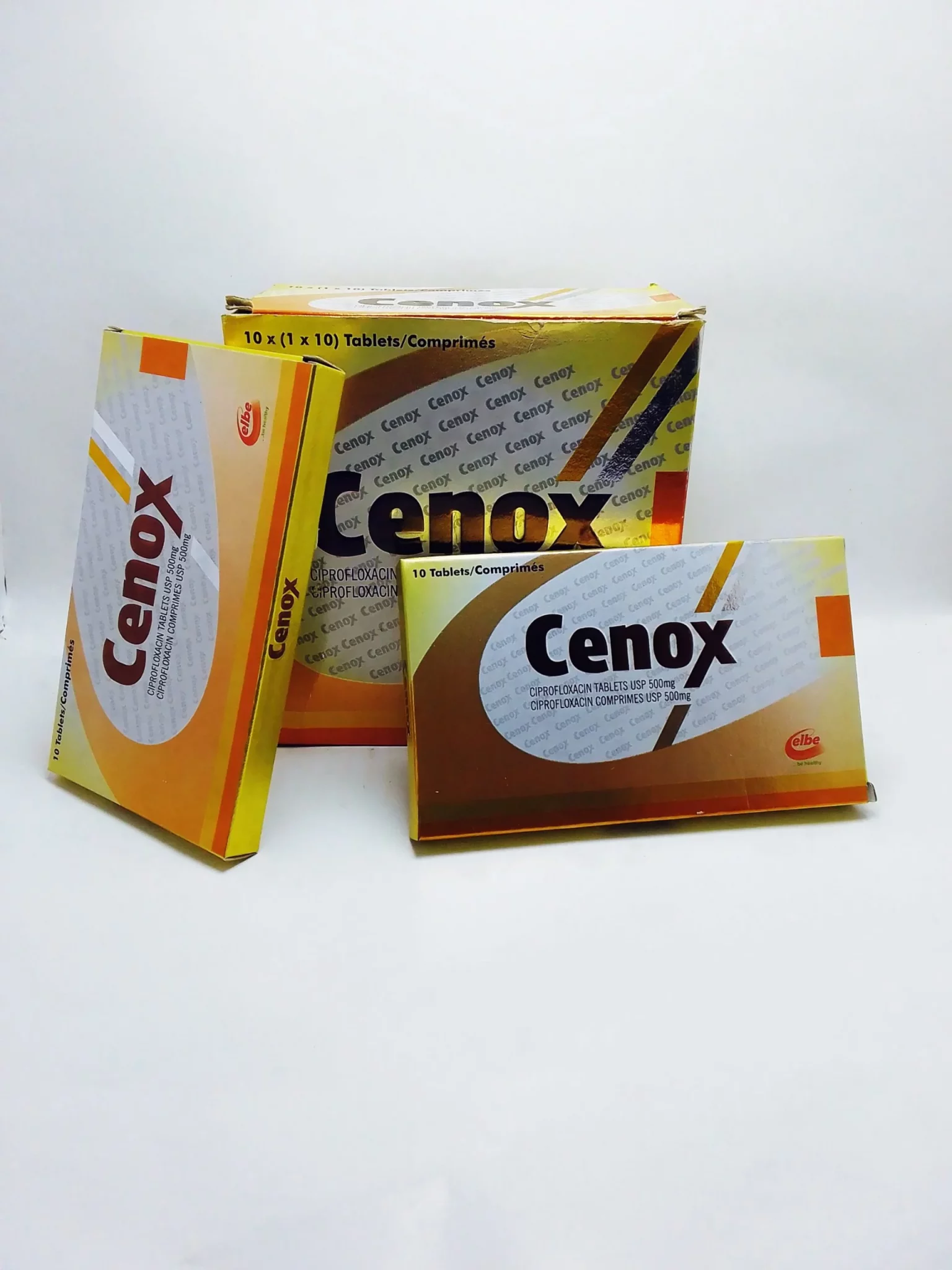
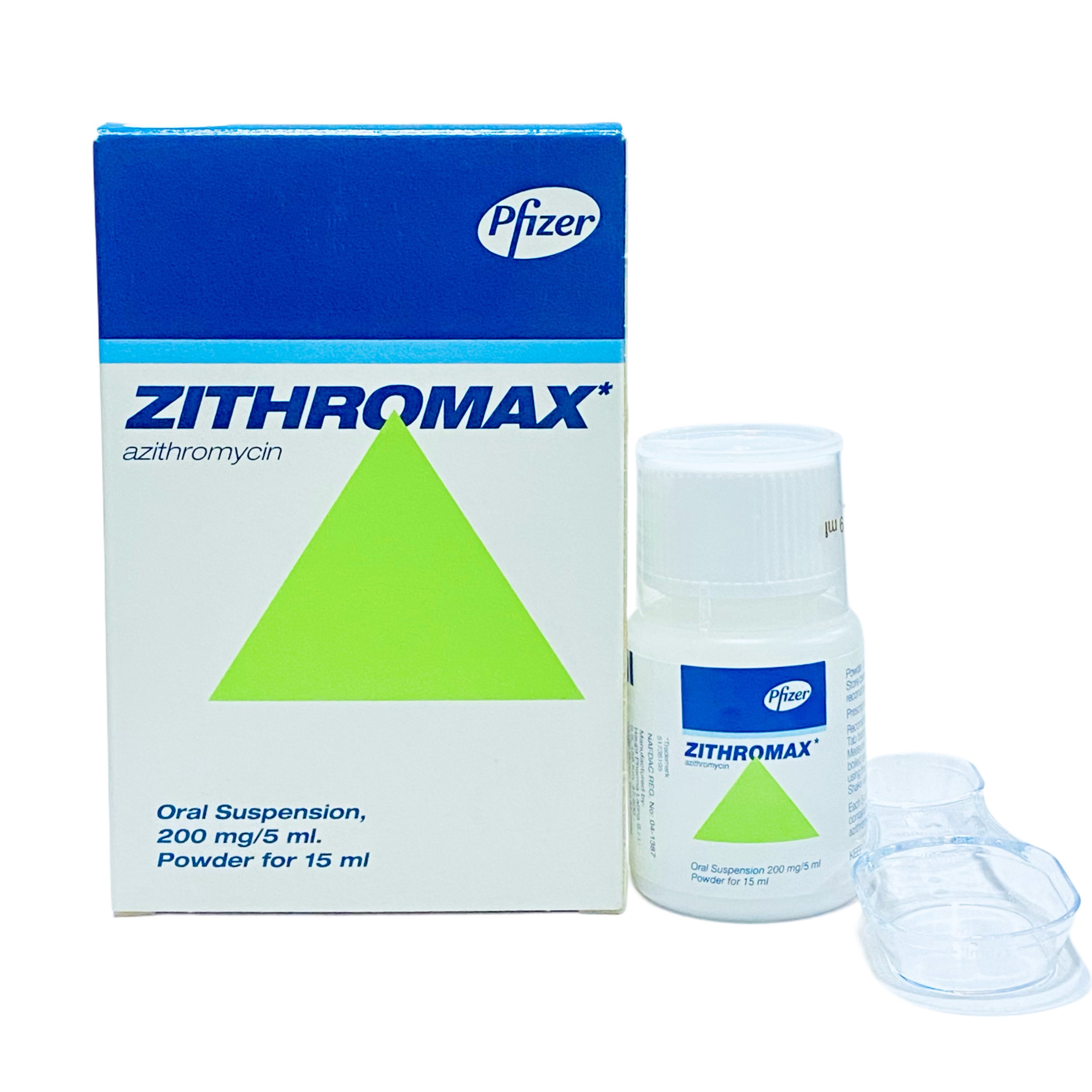
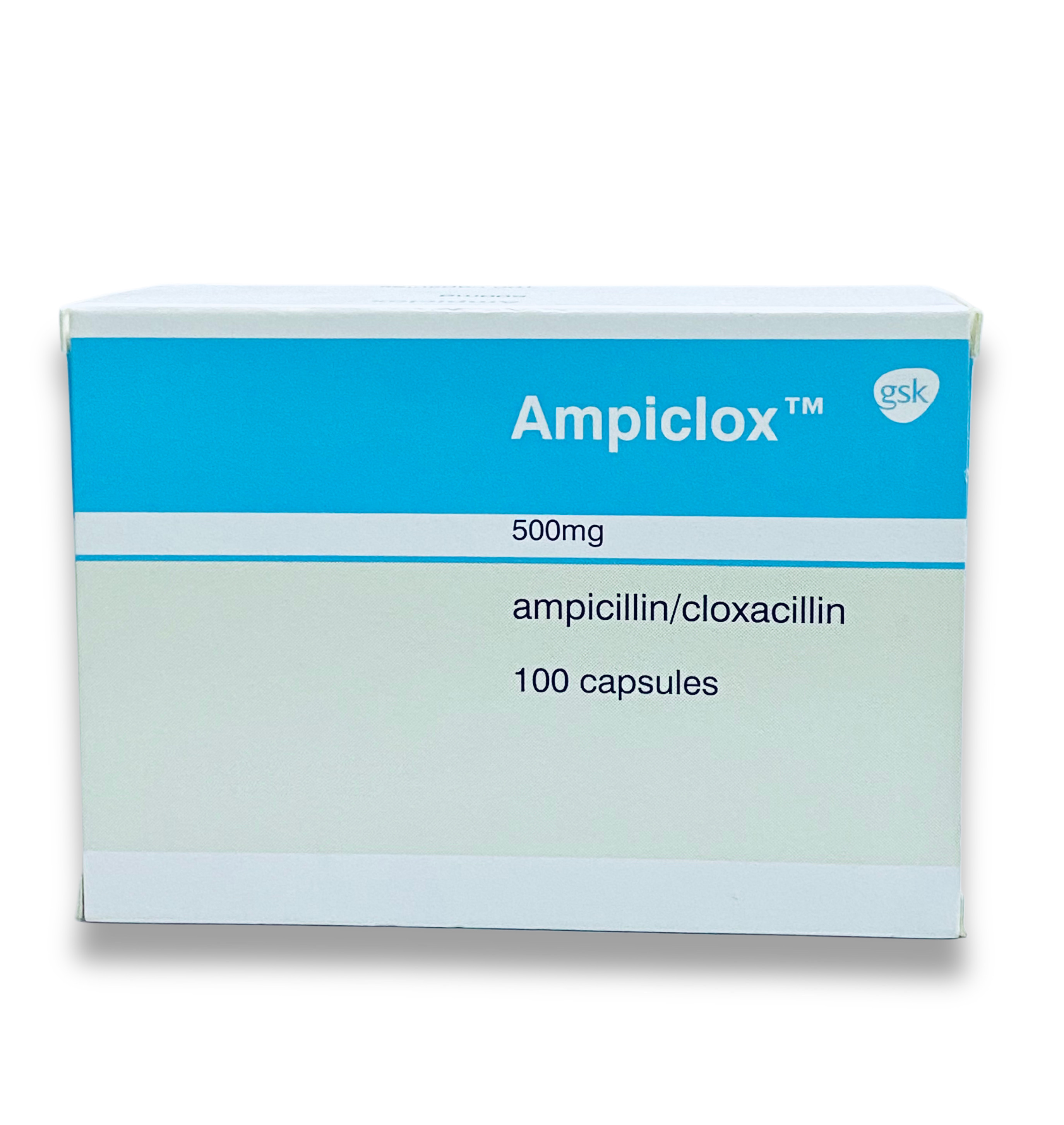
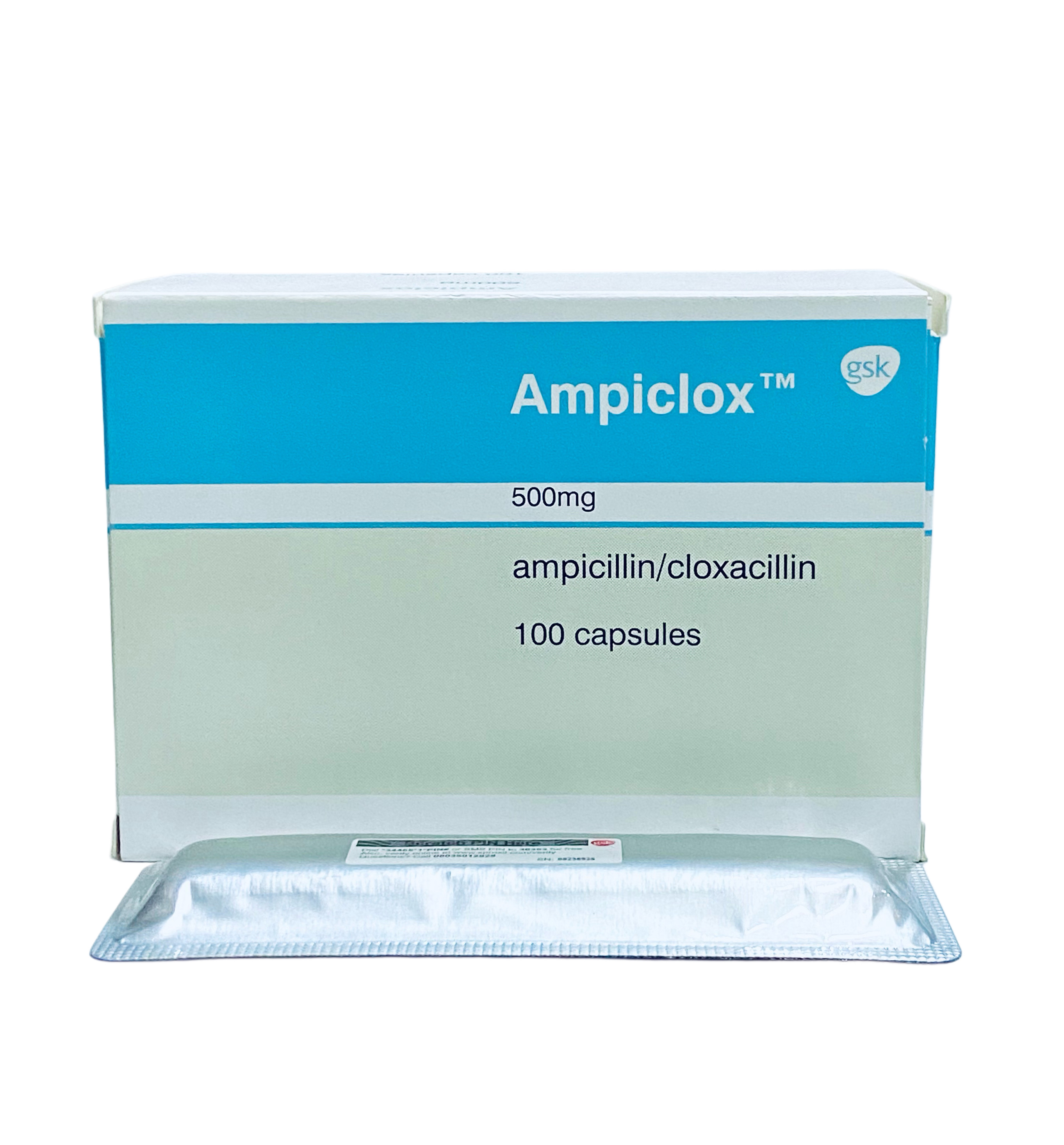
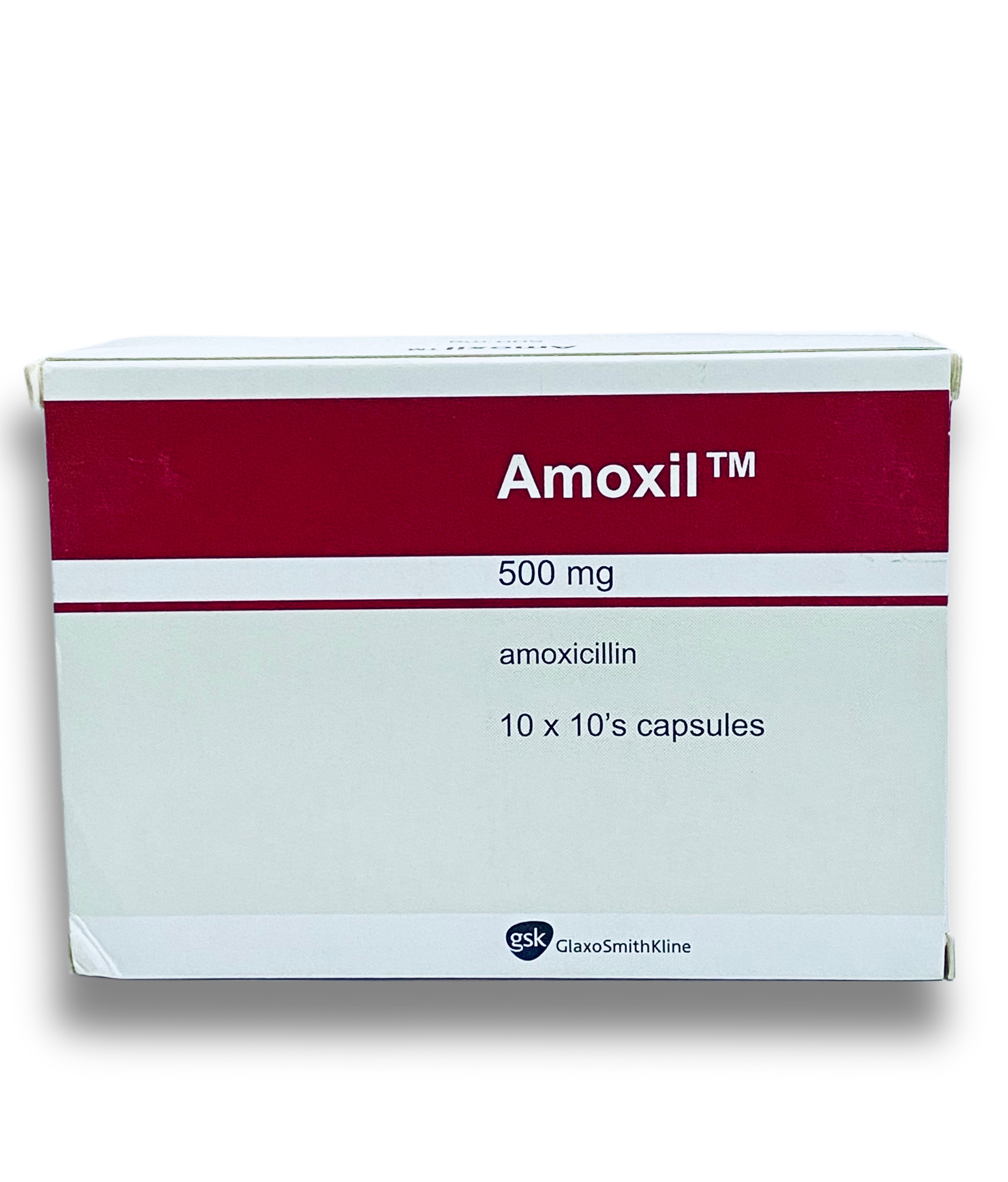
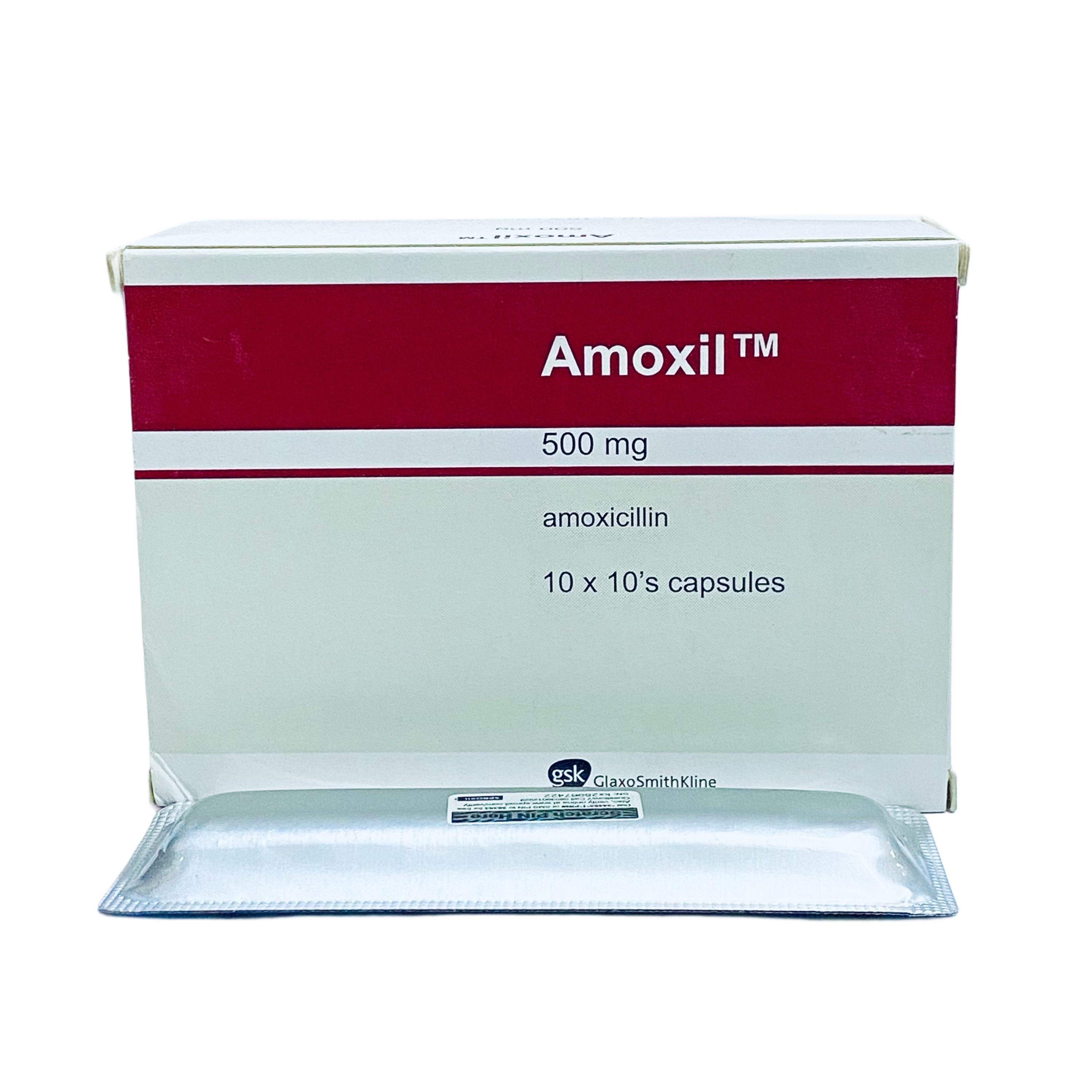
Reviews
There are no reviews yet.